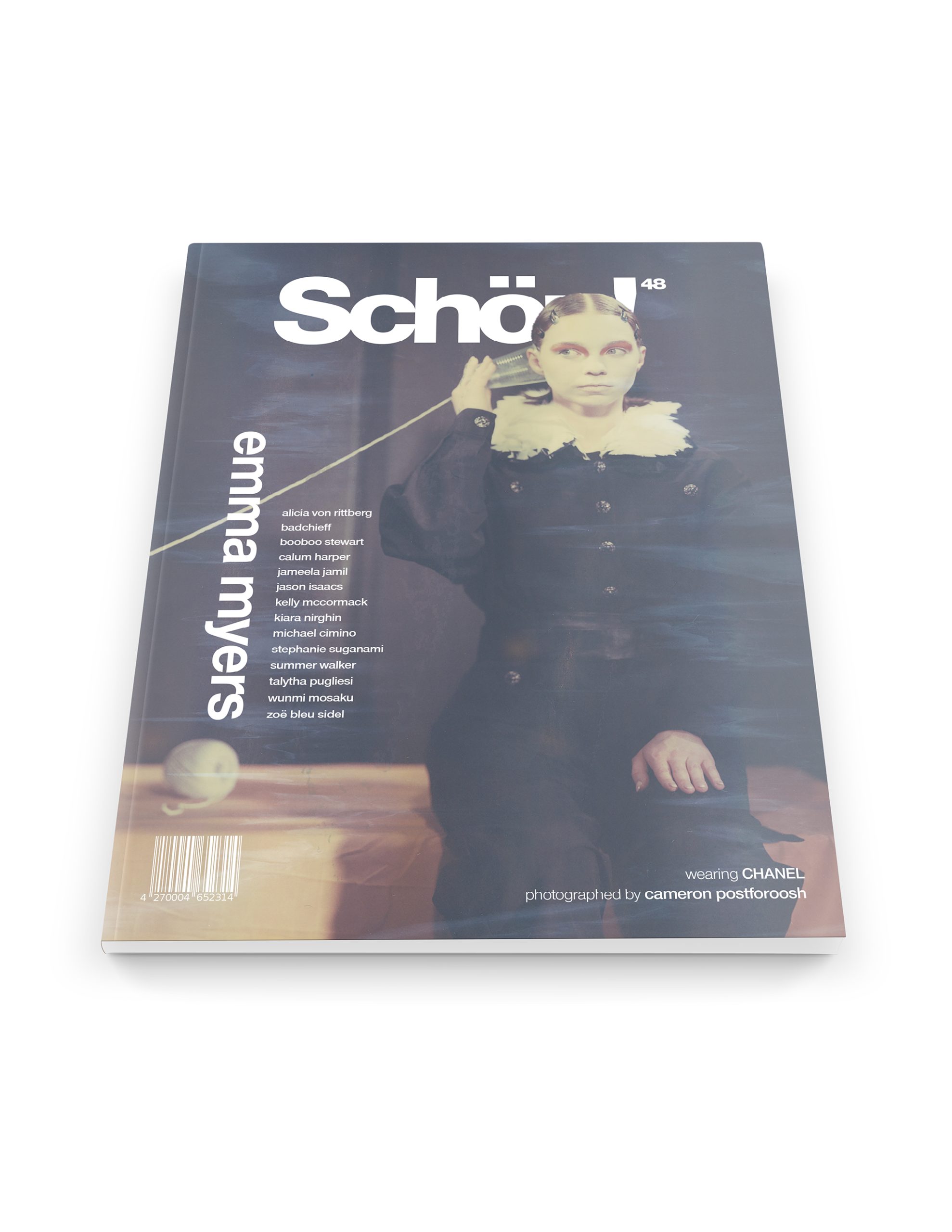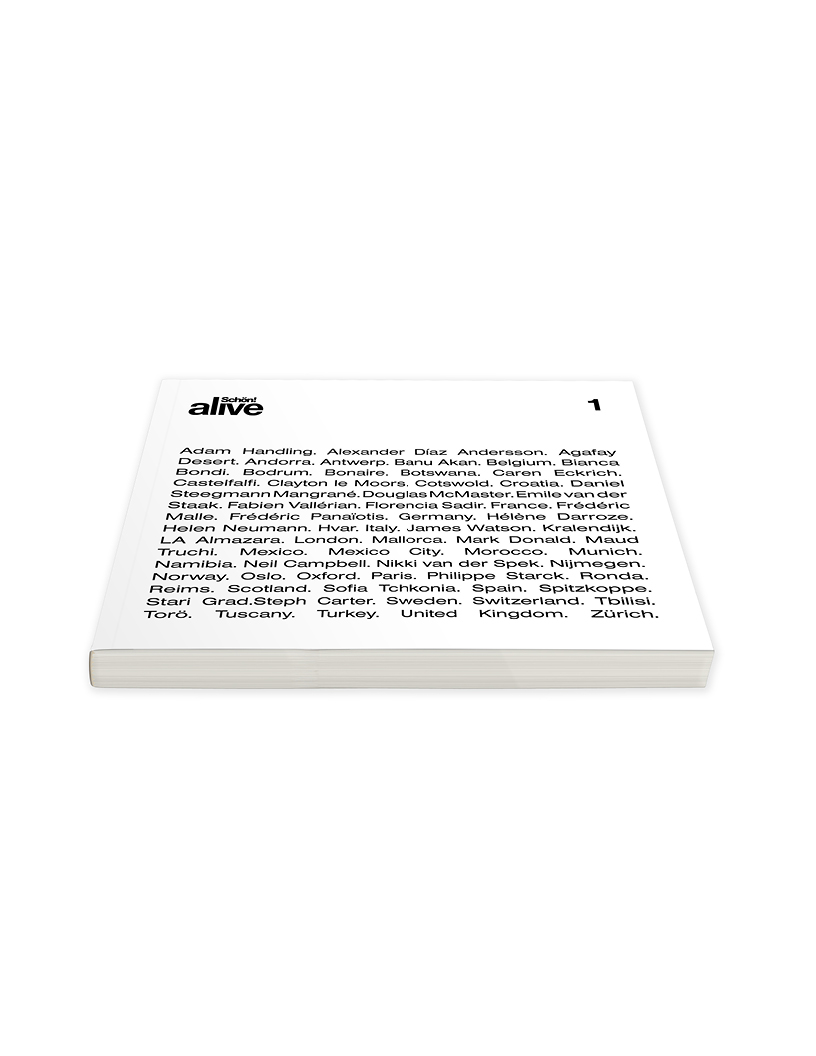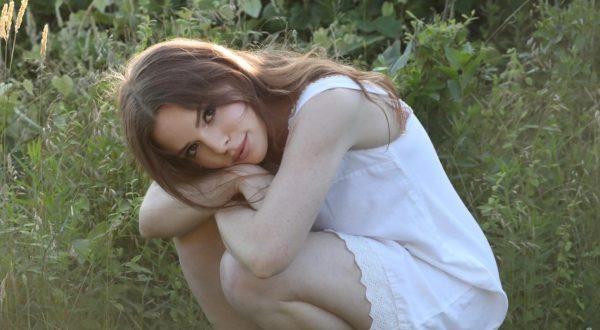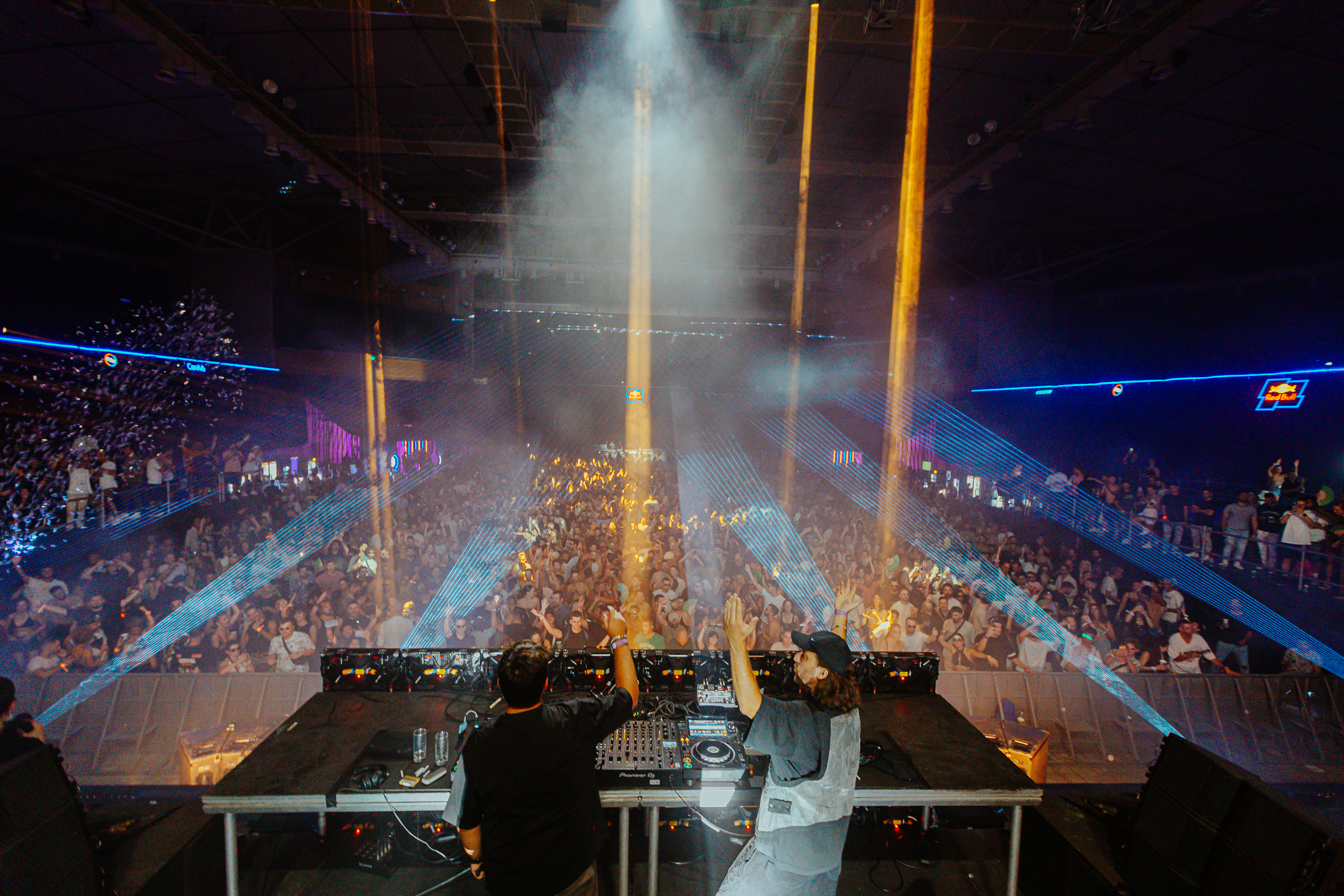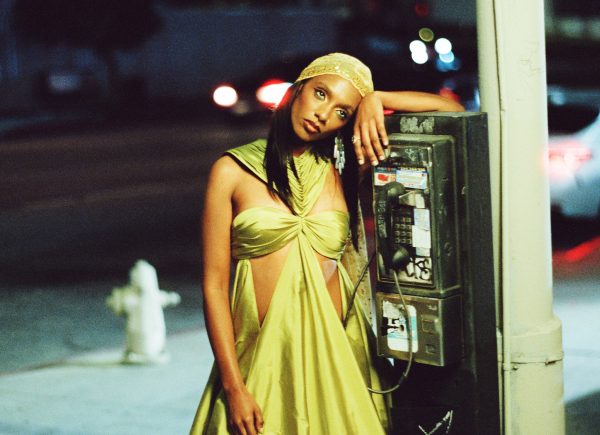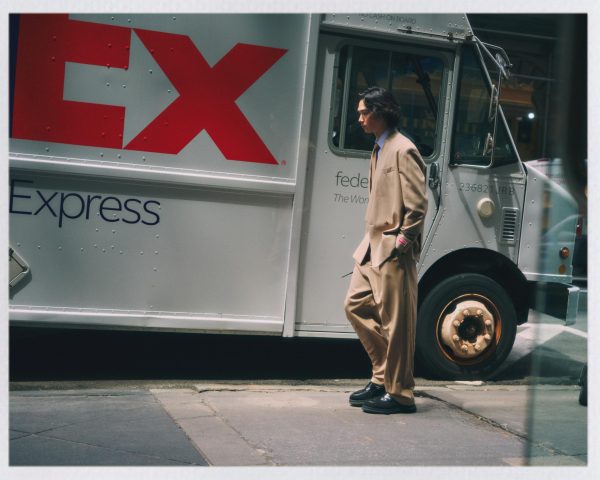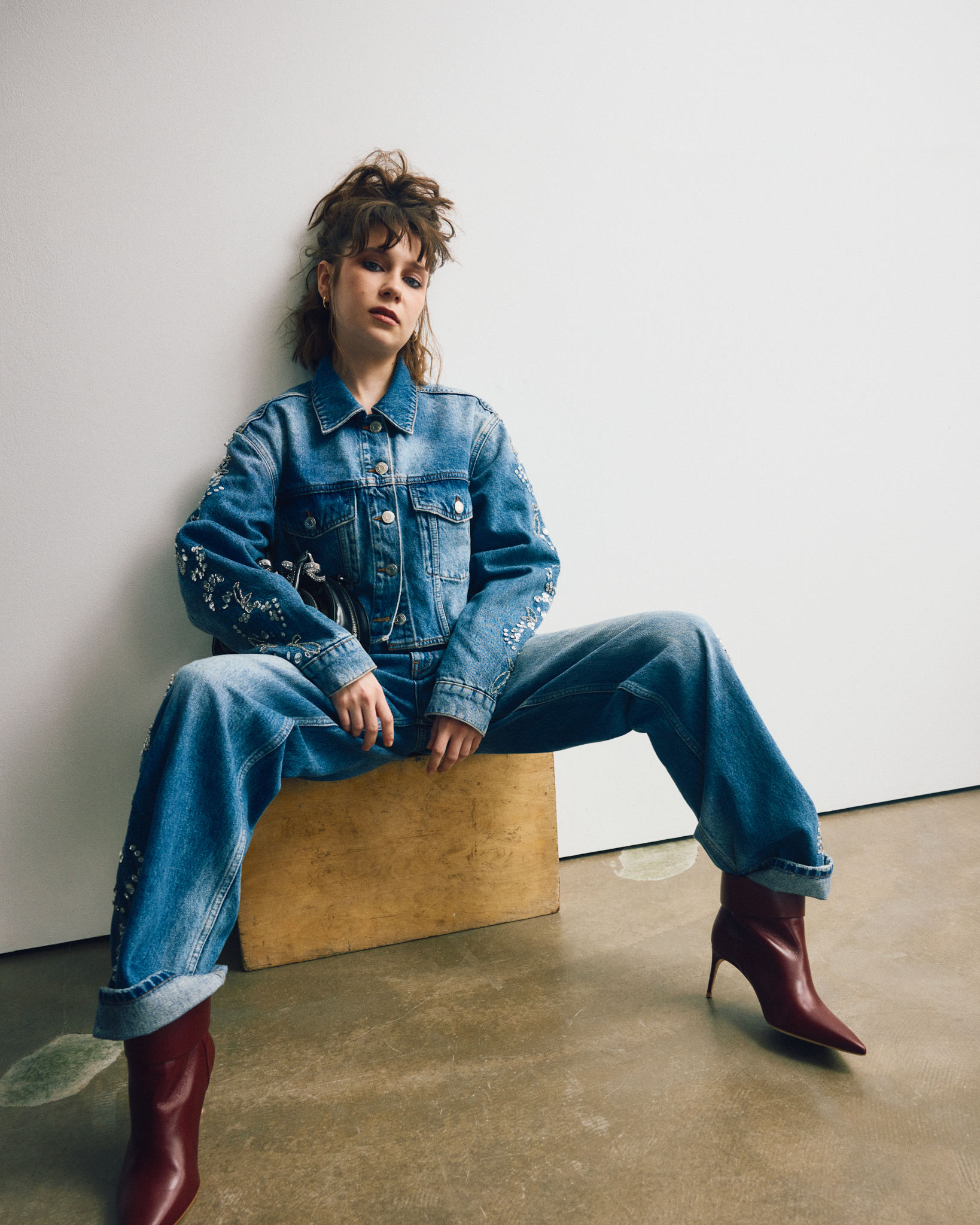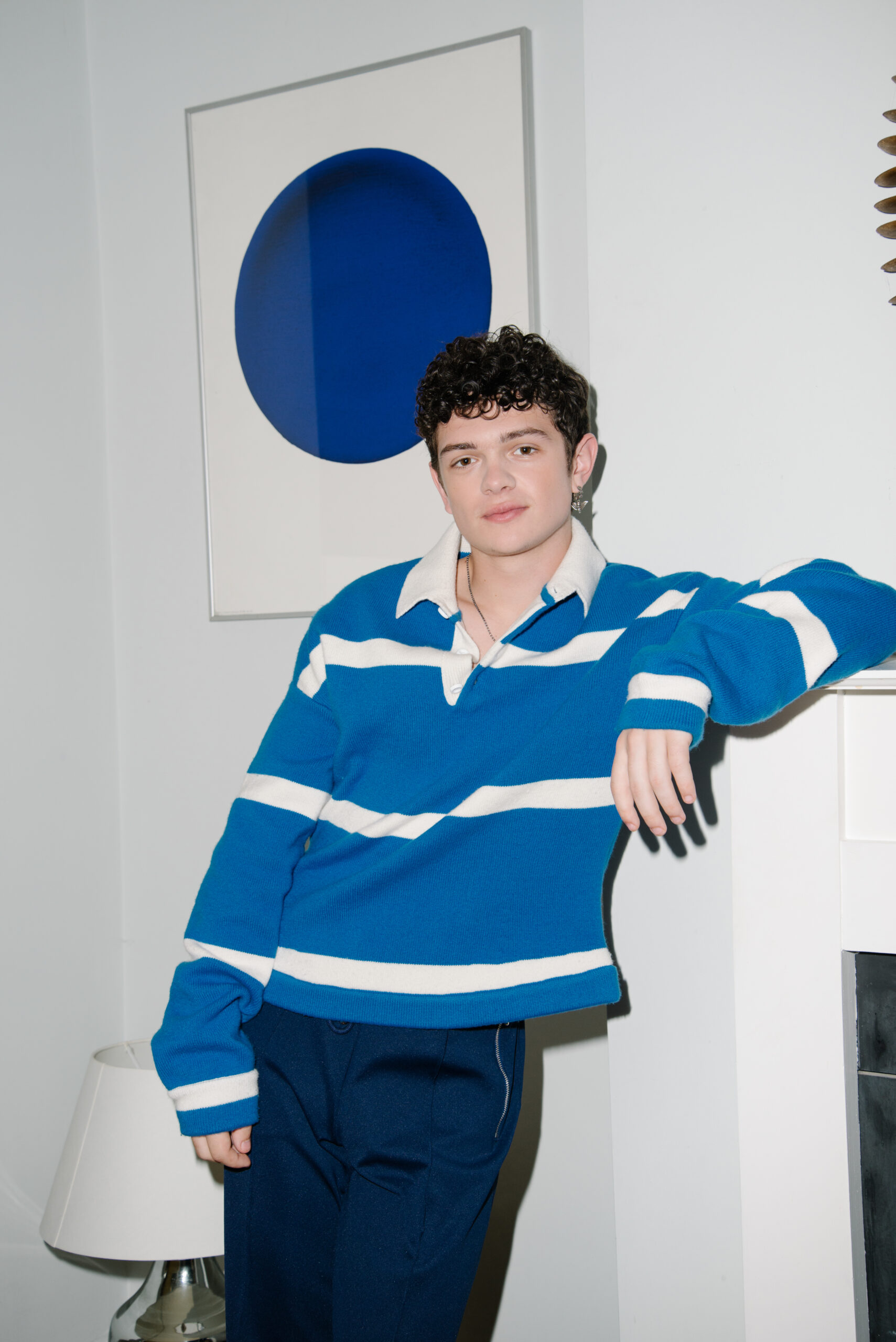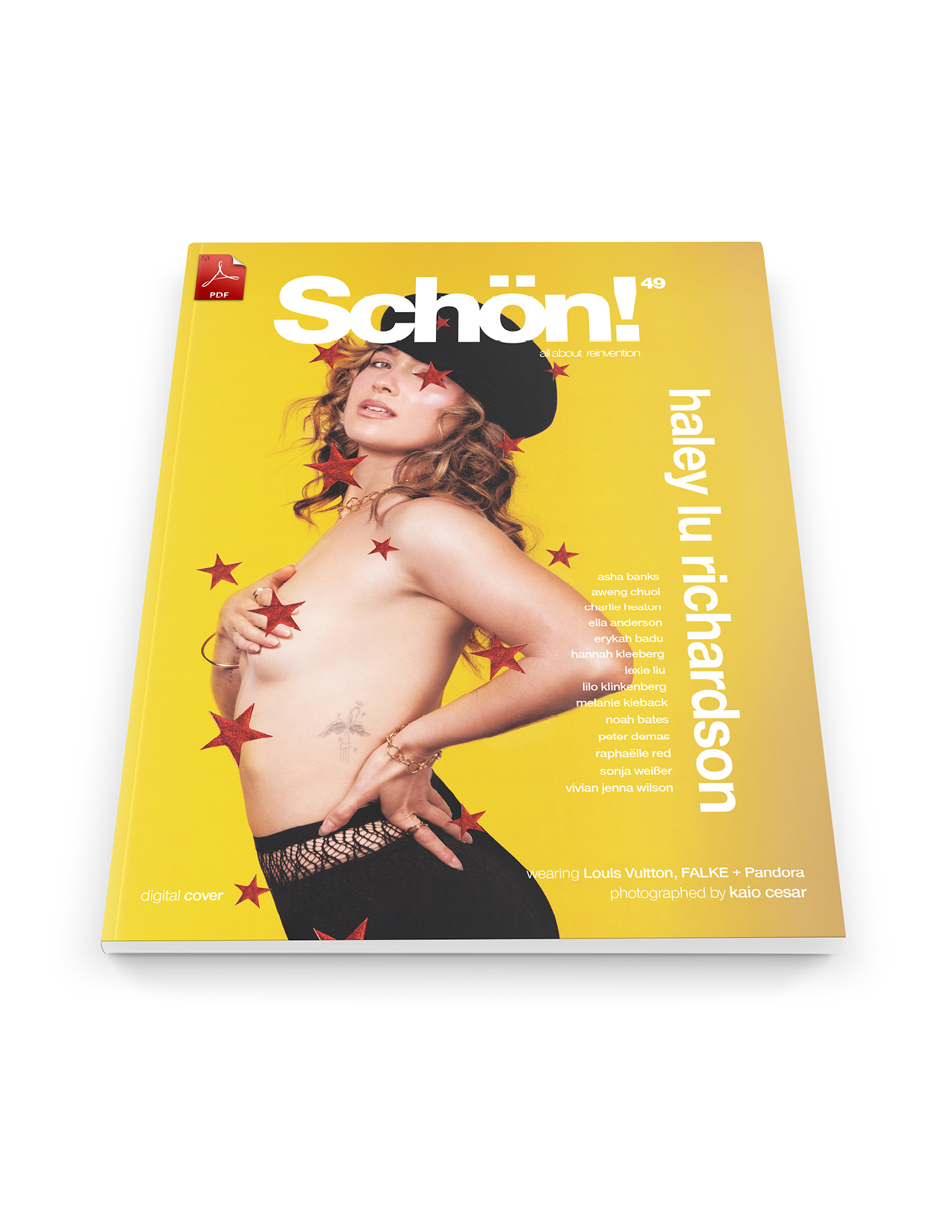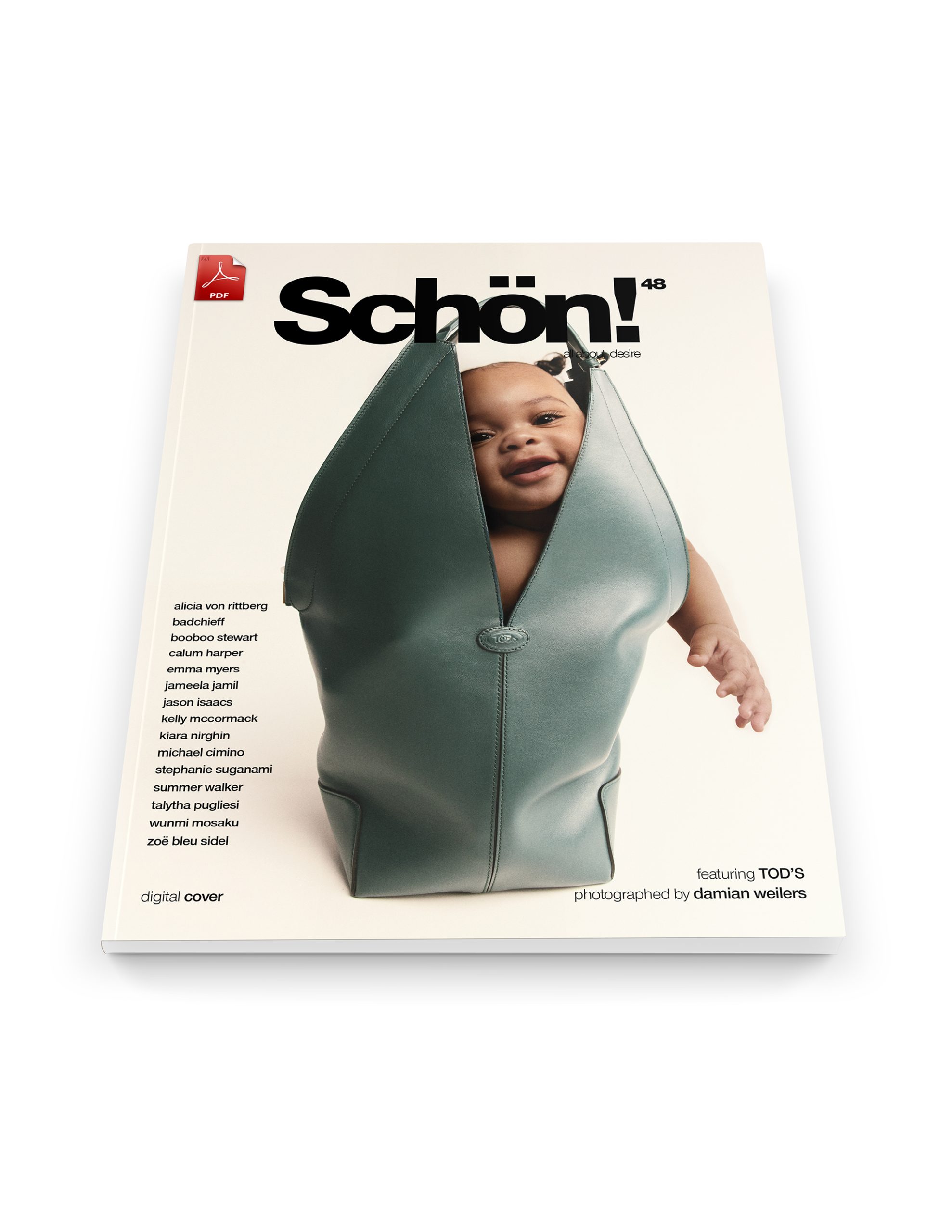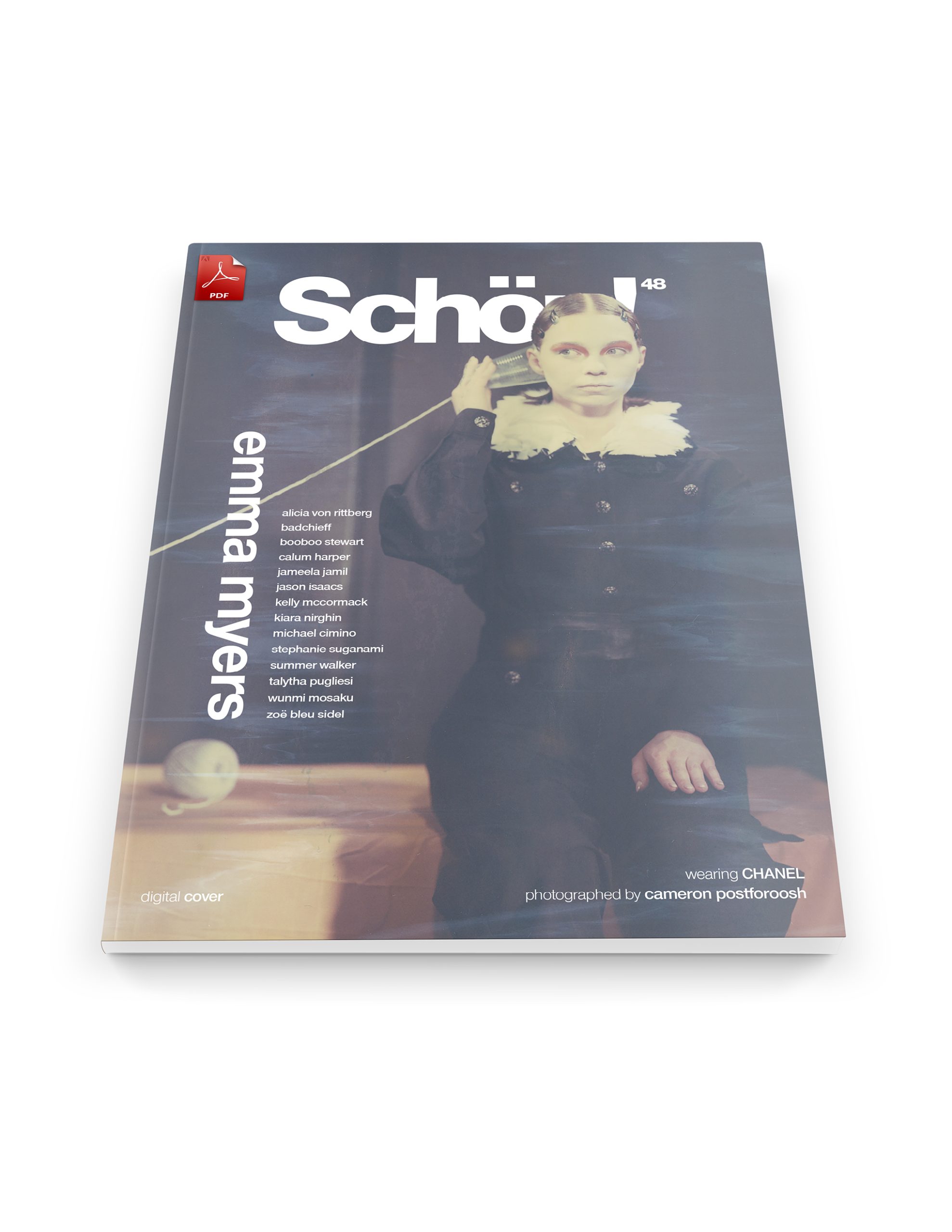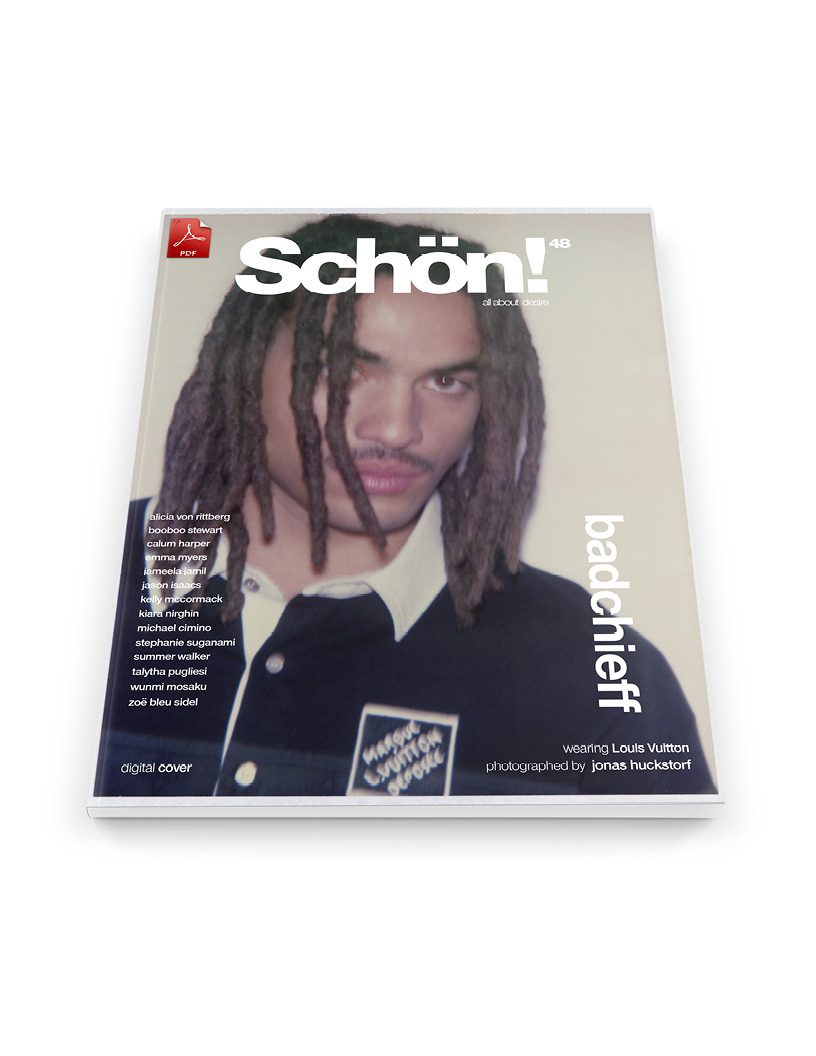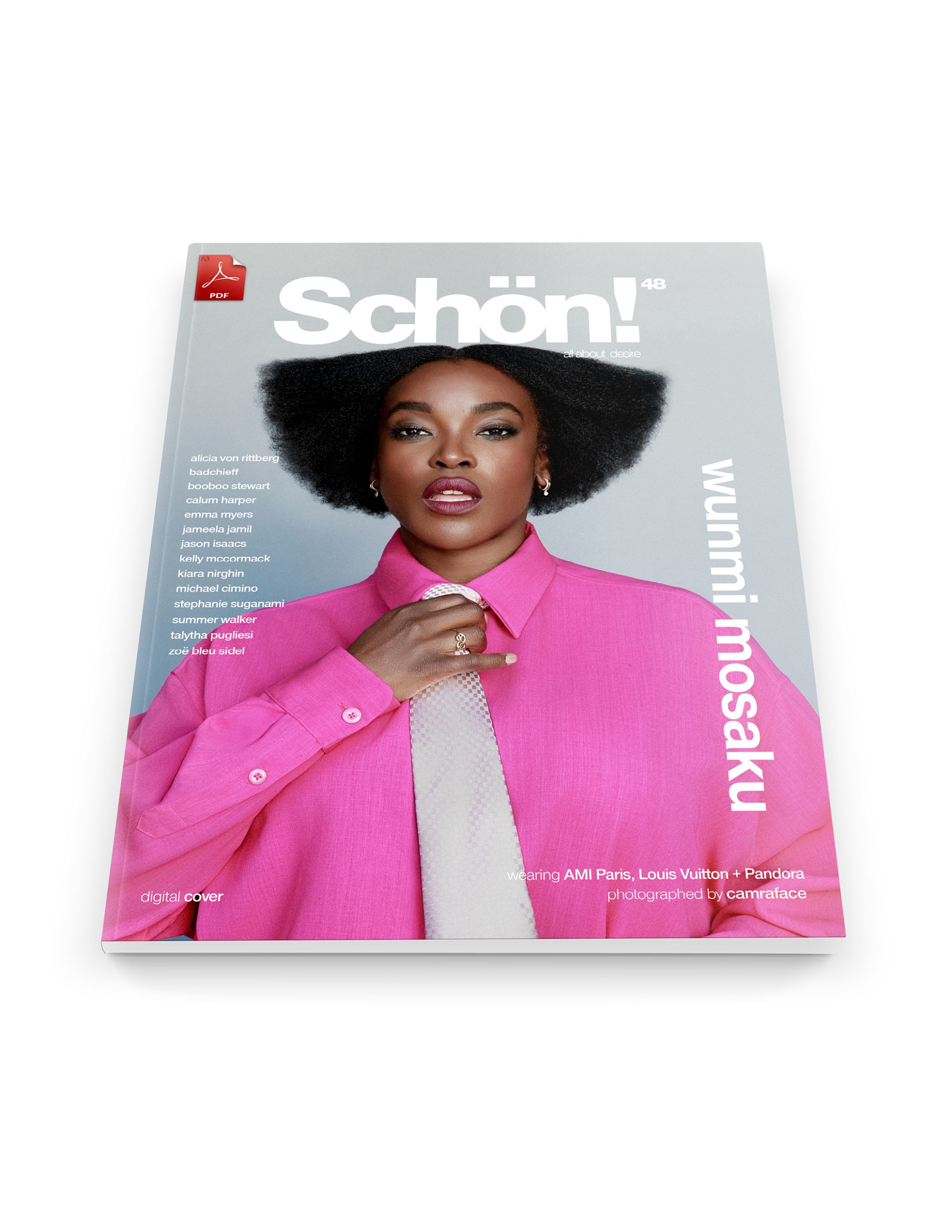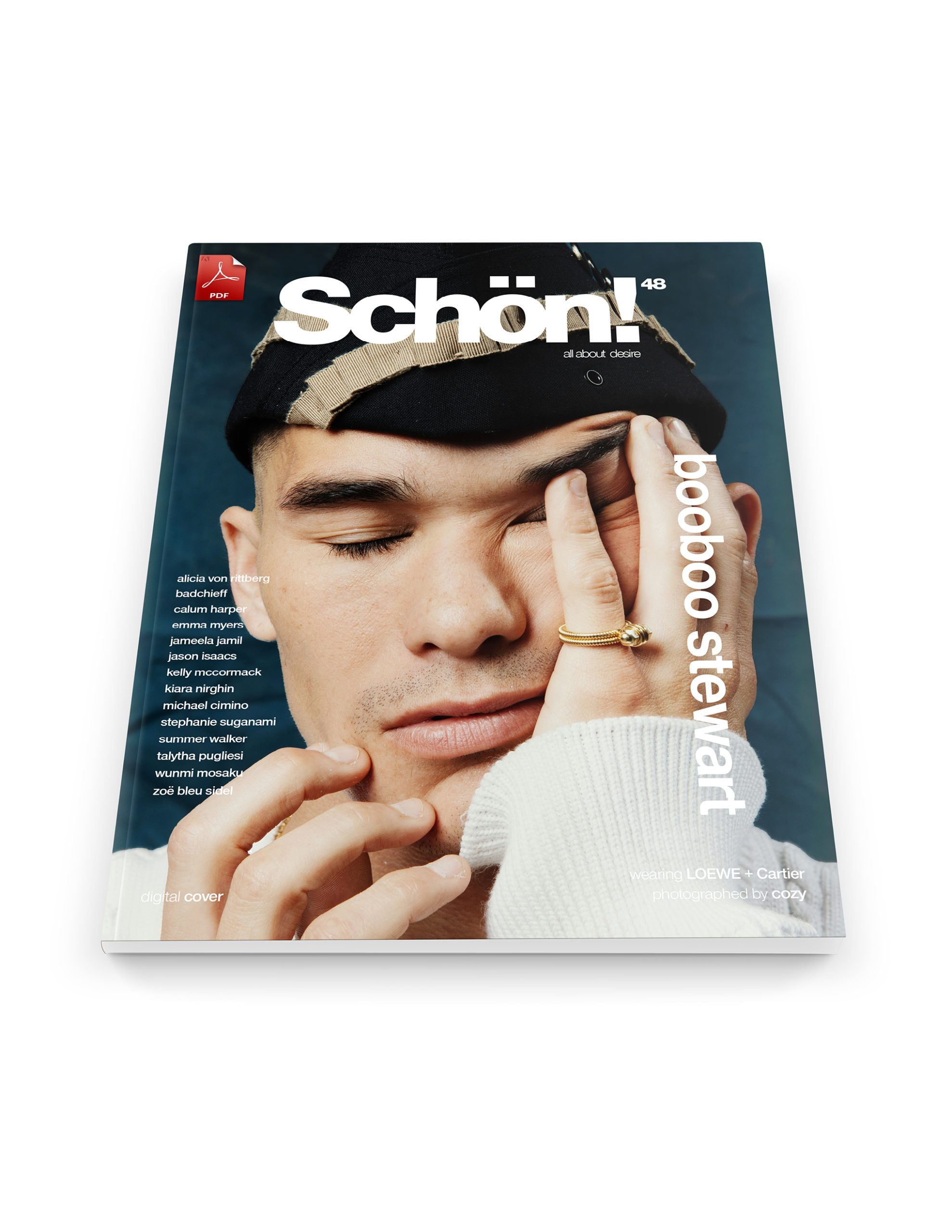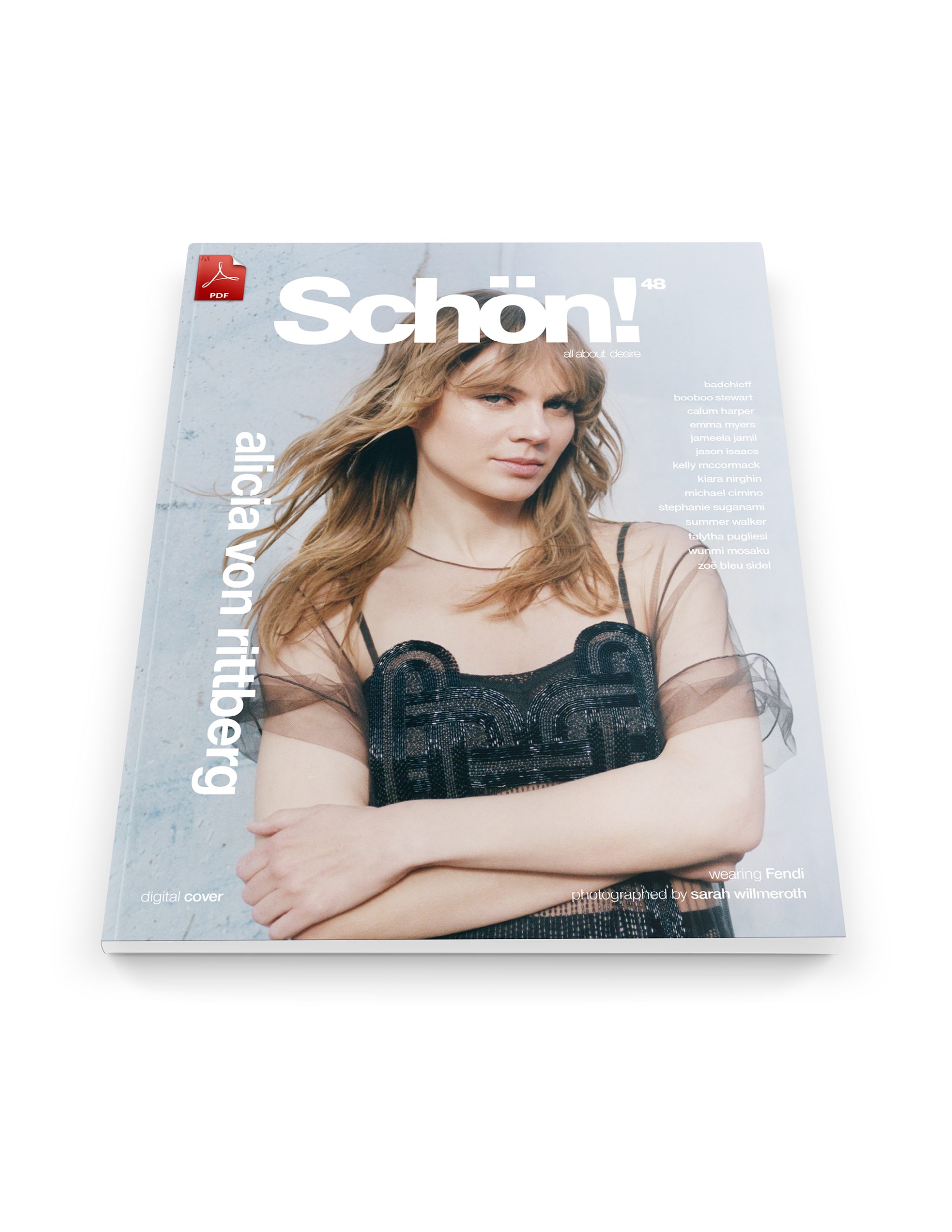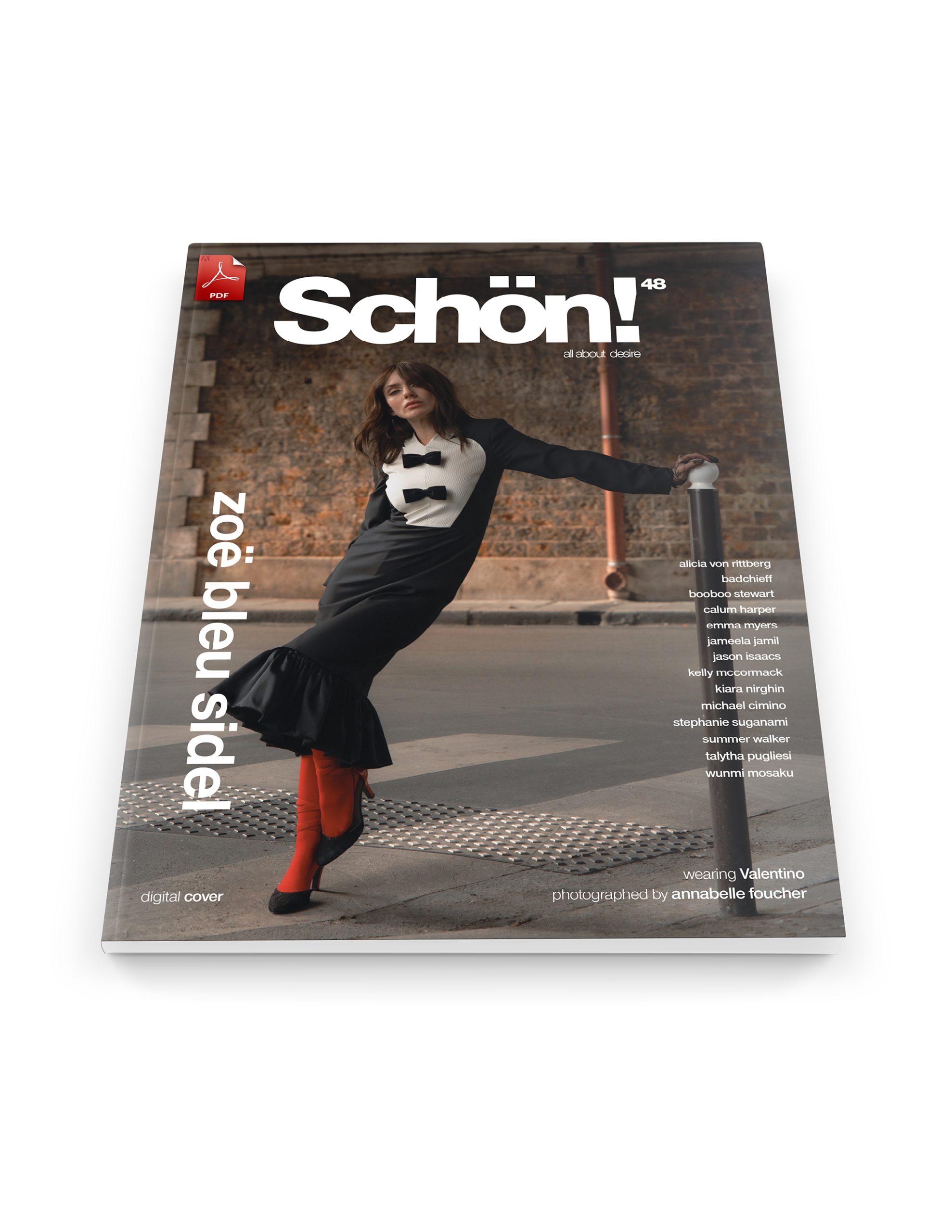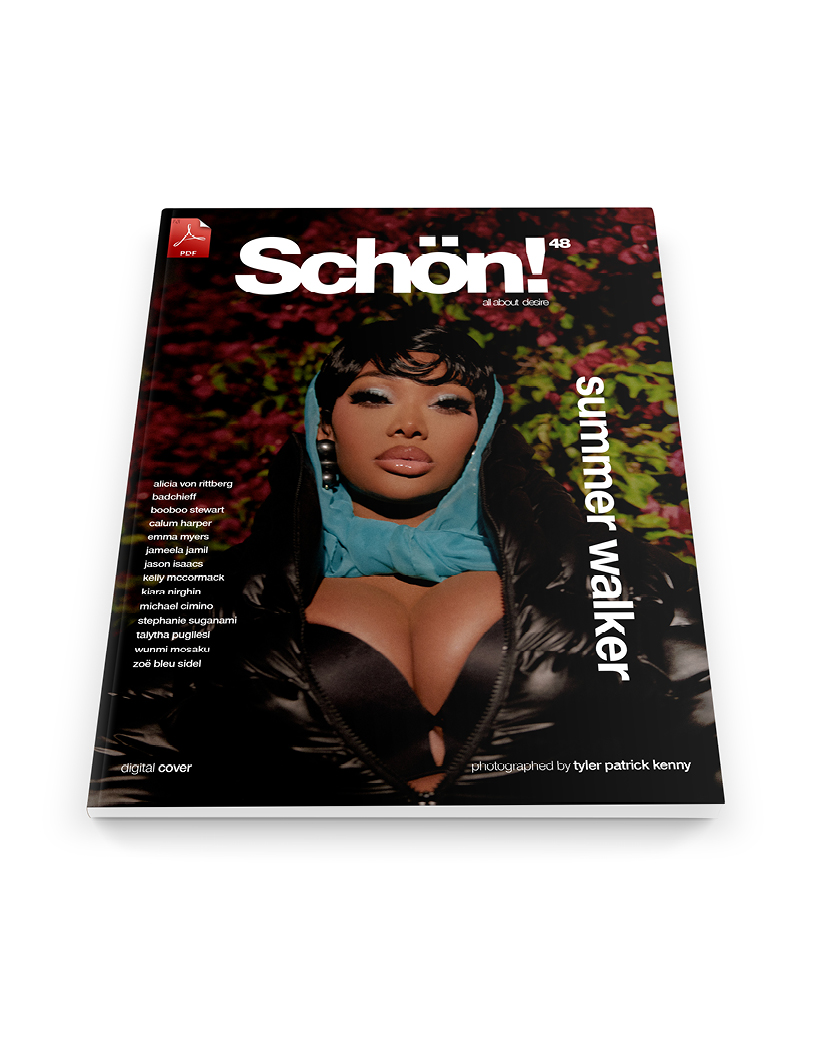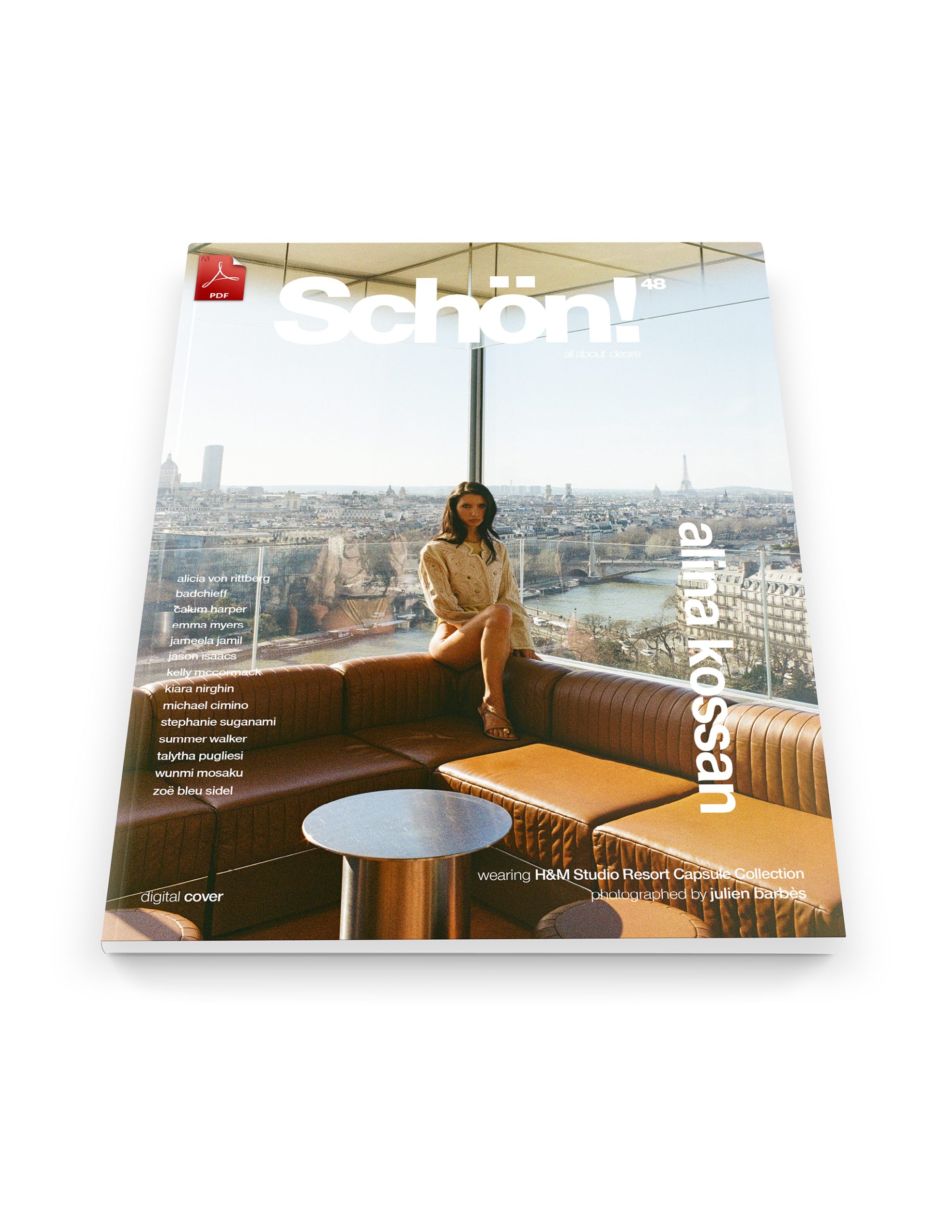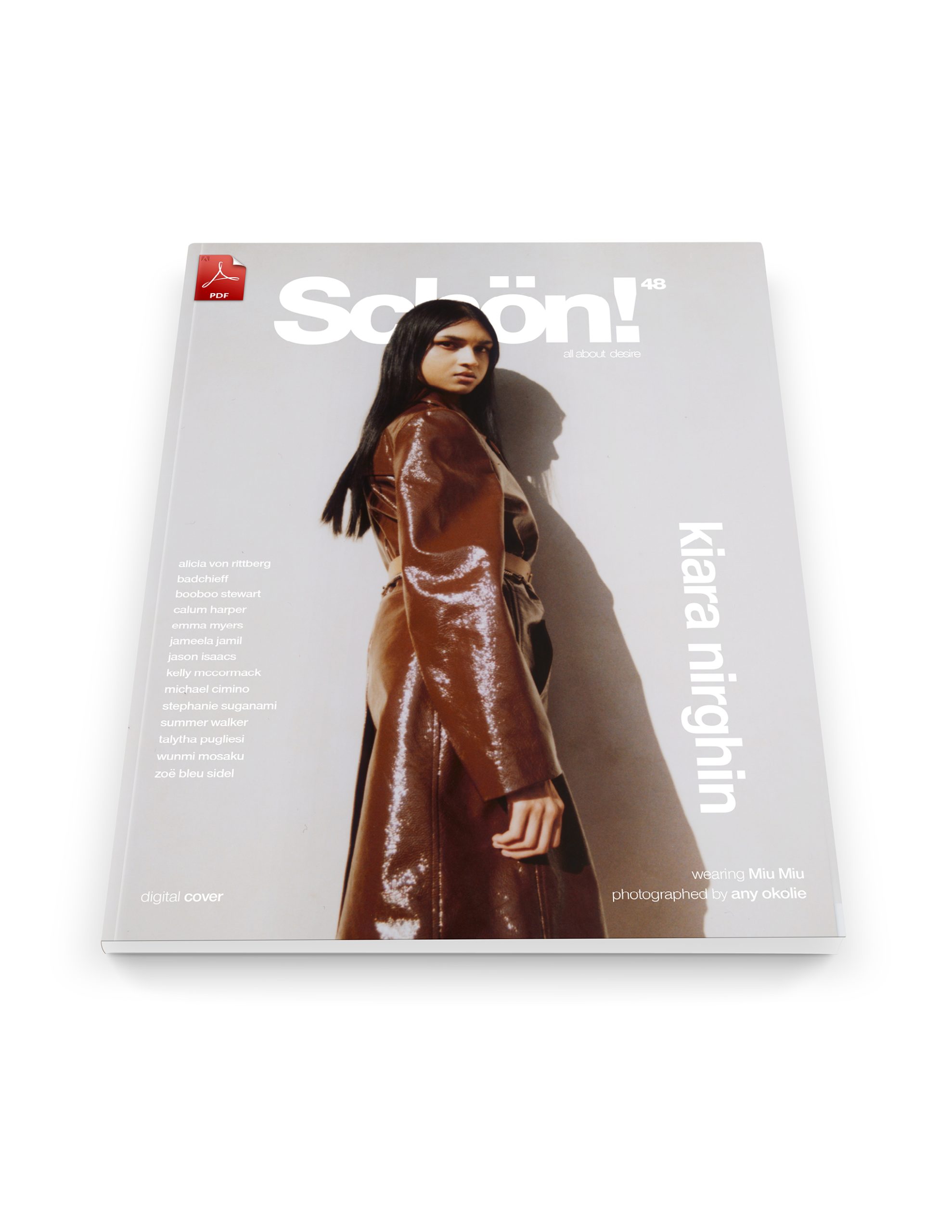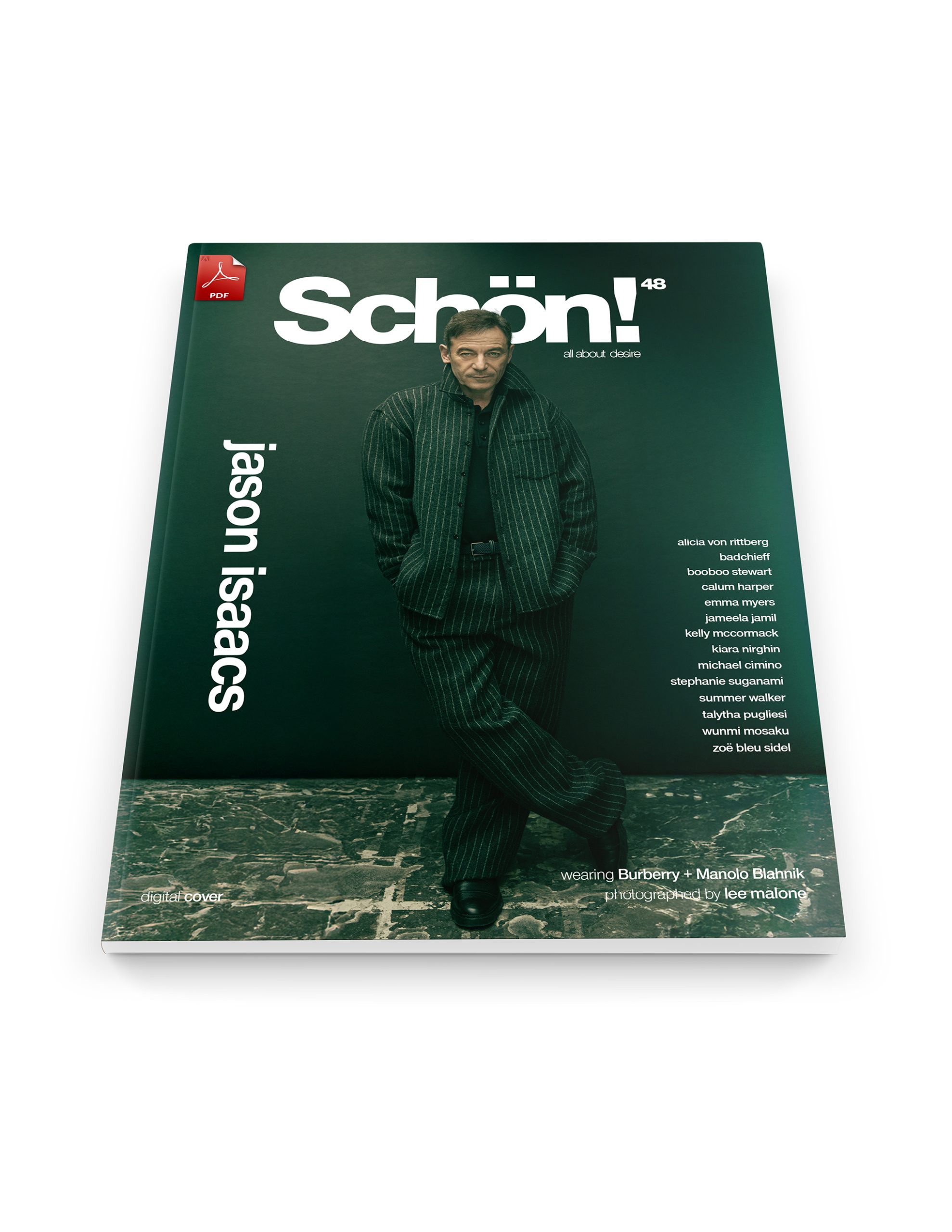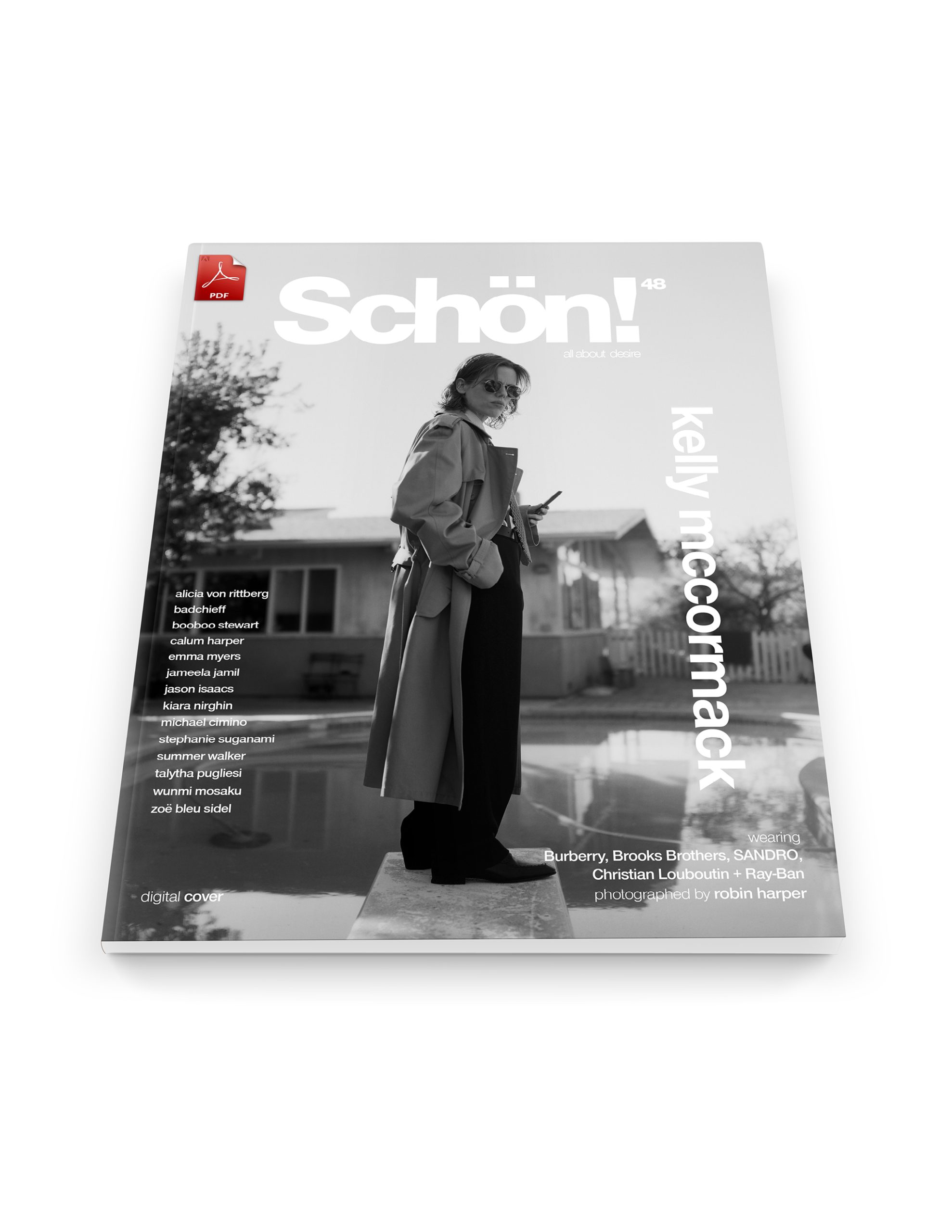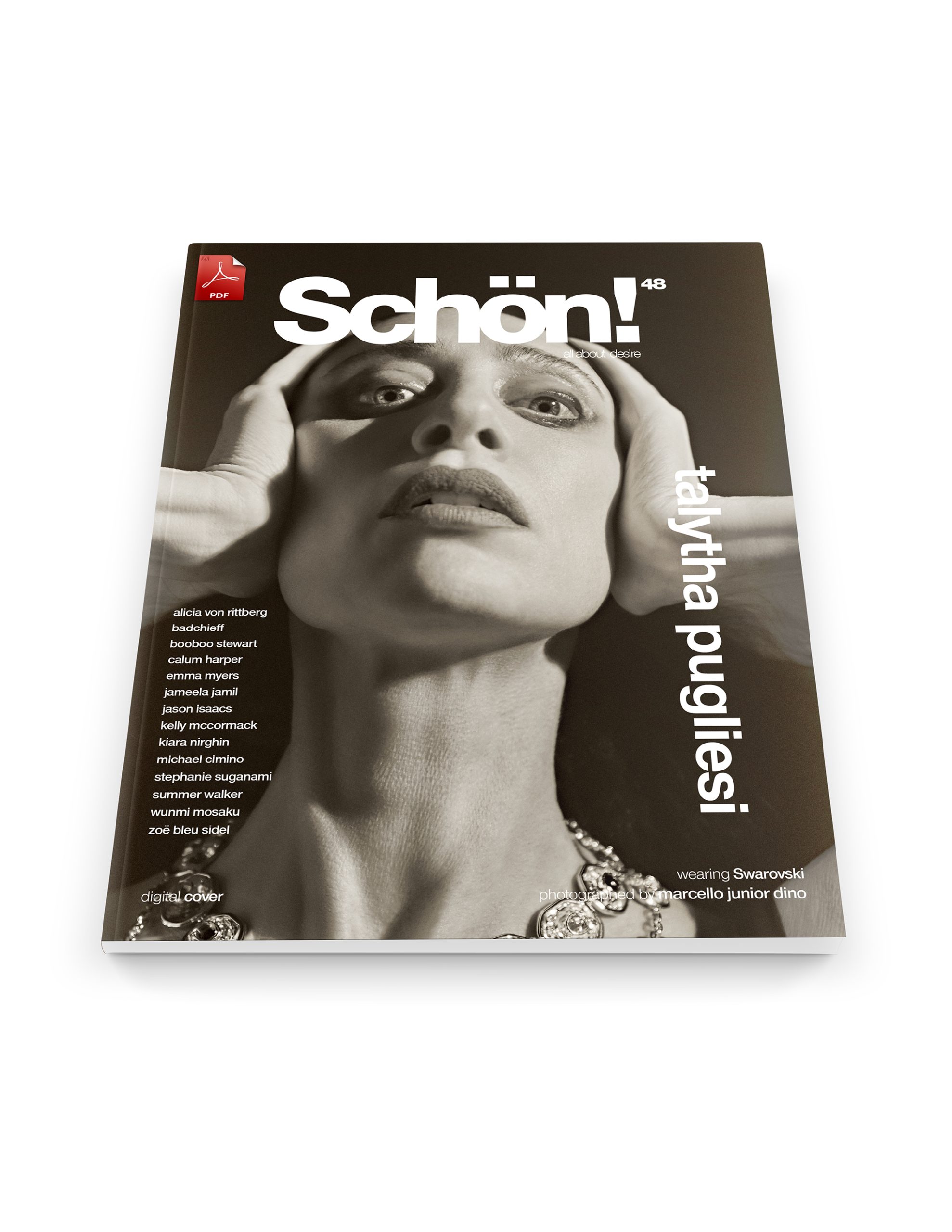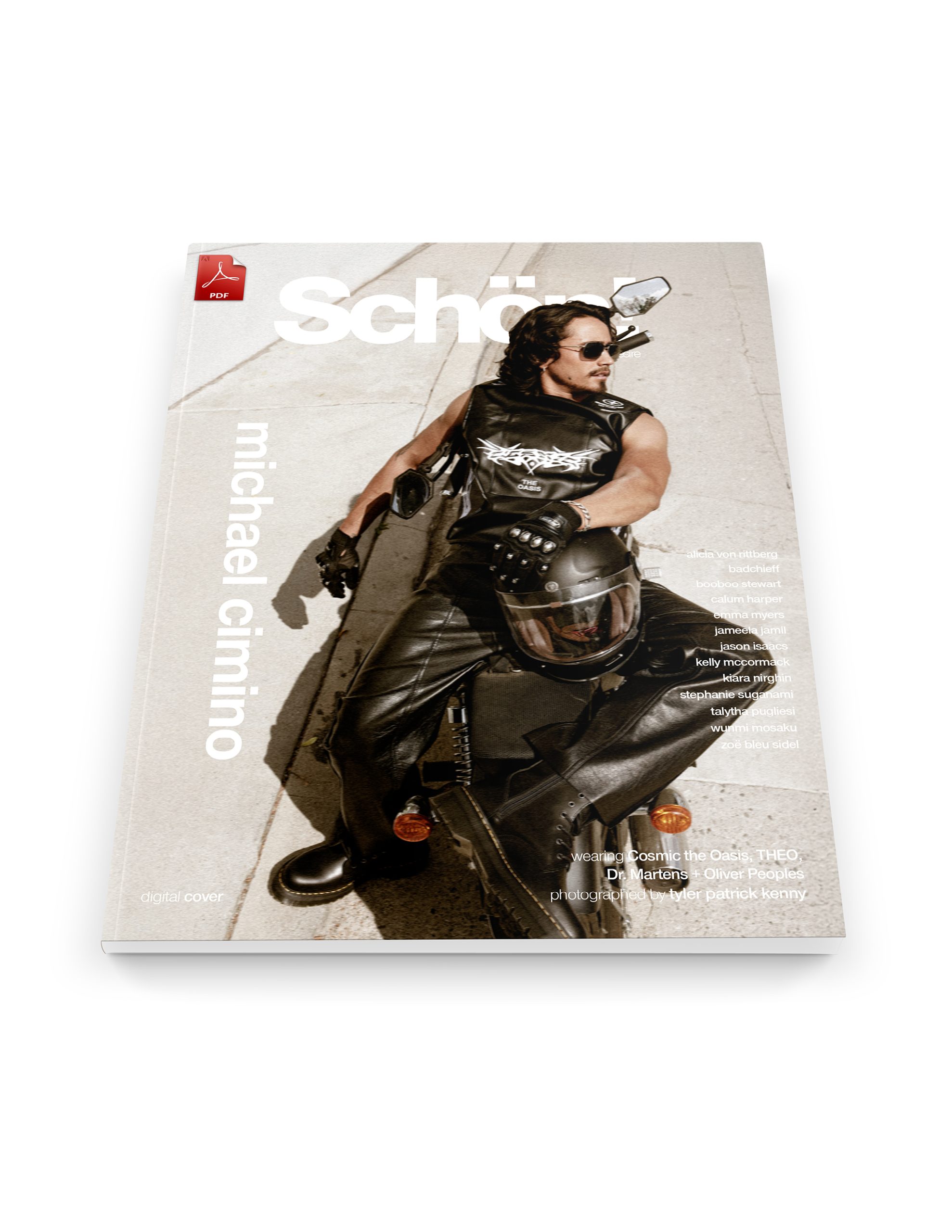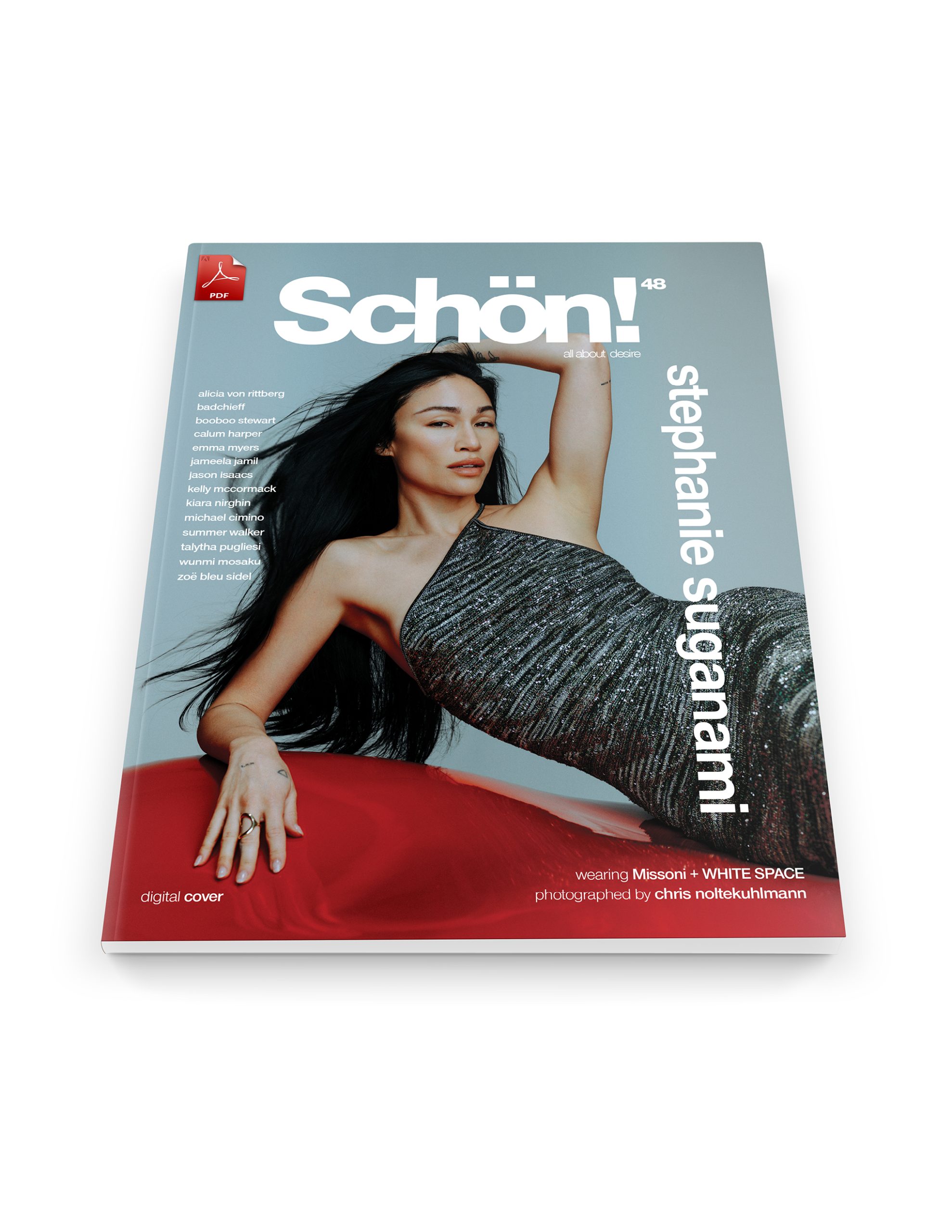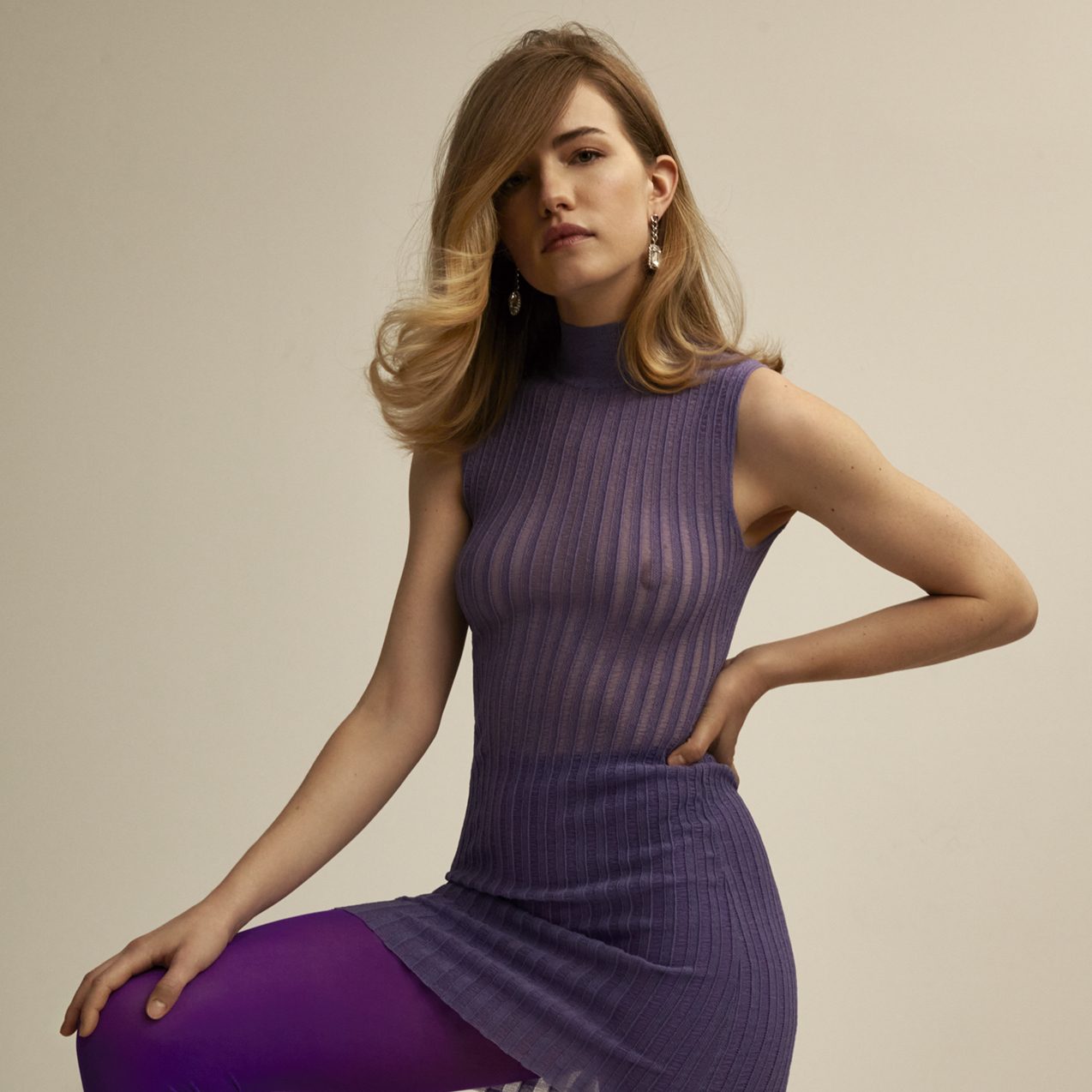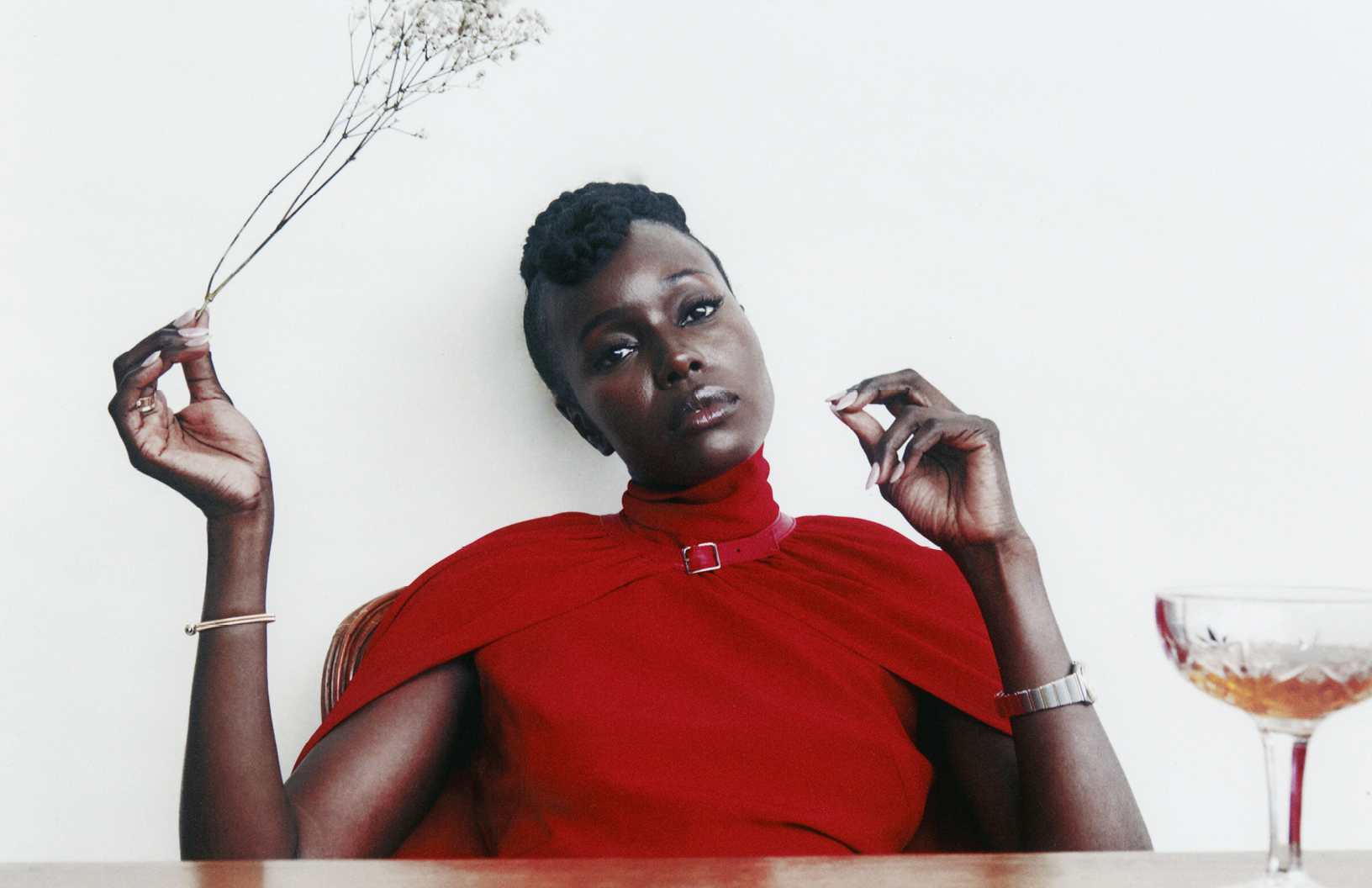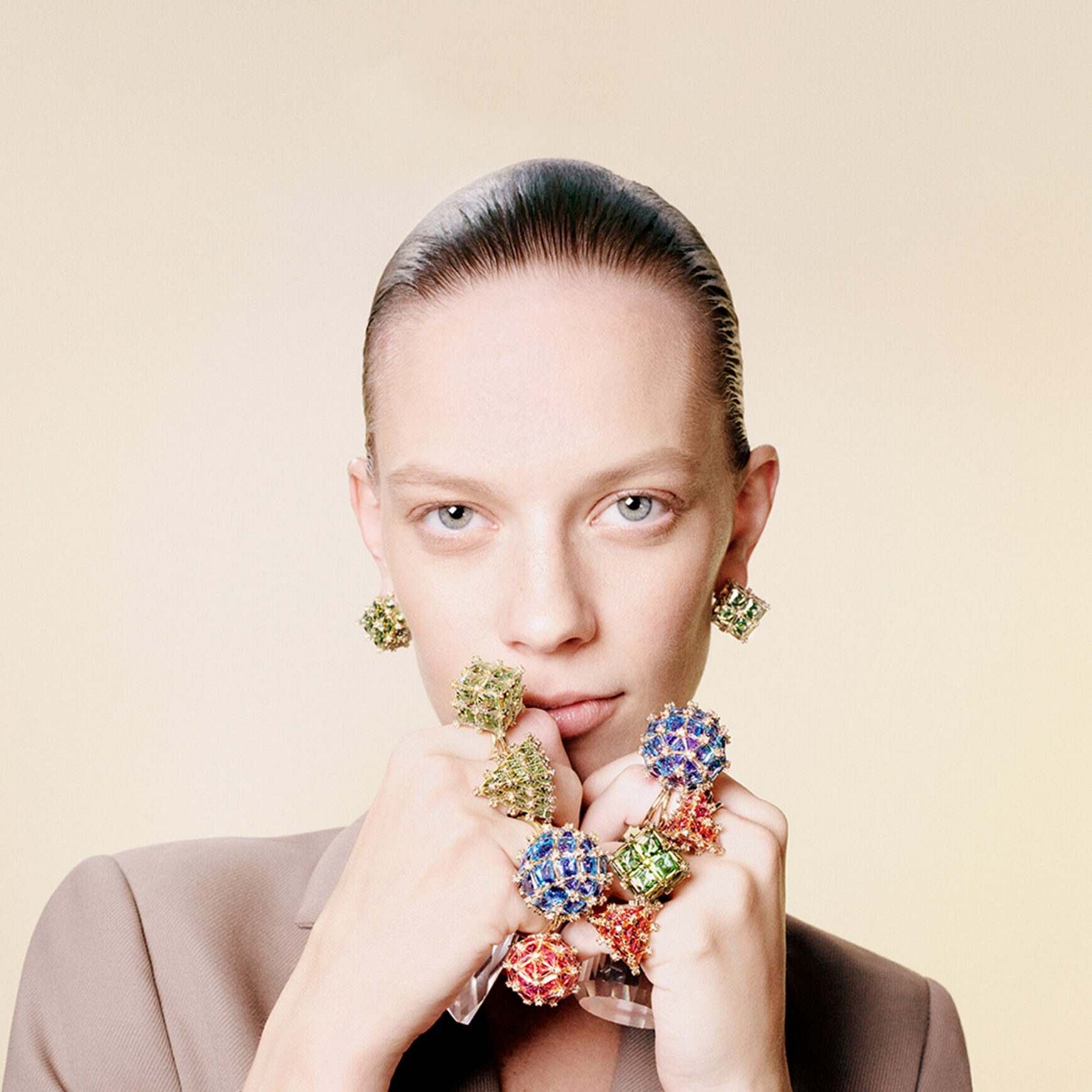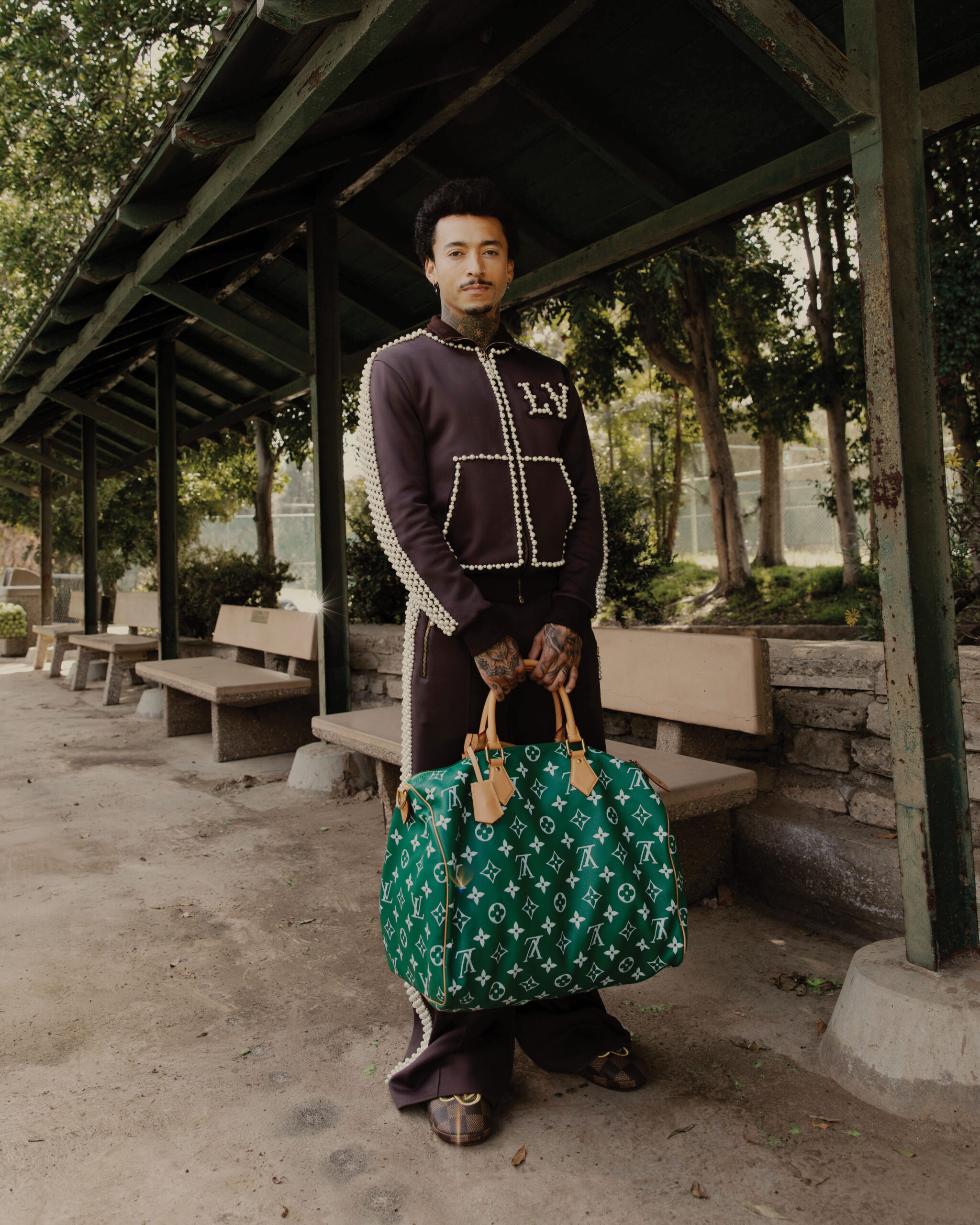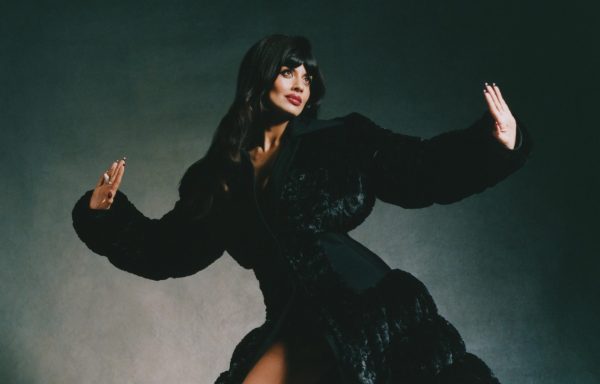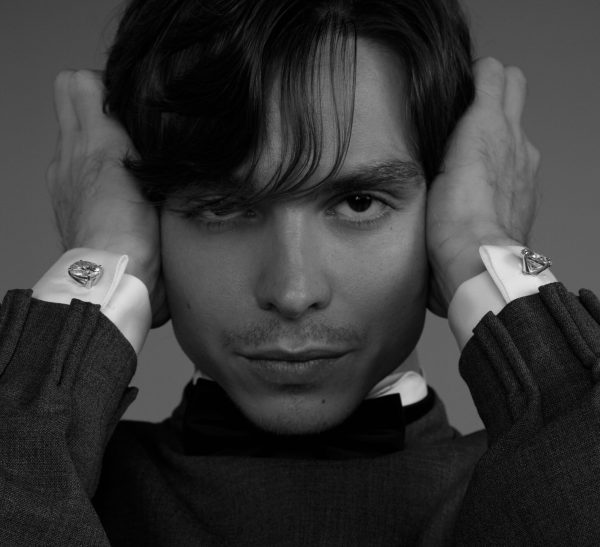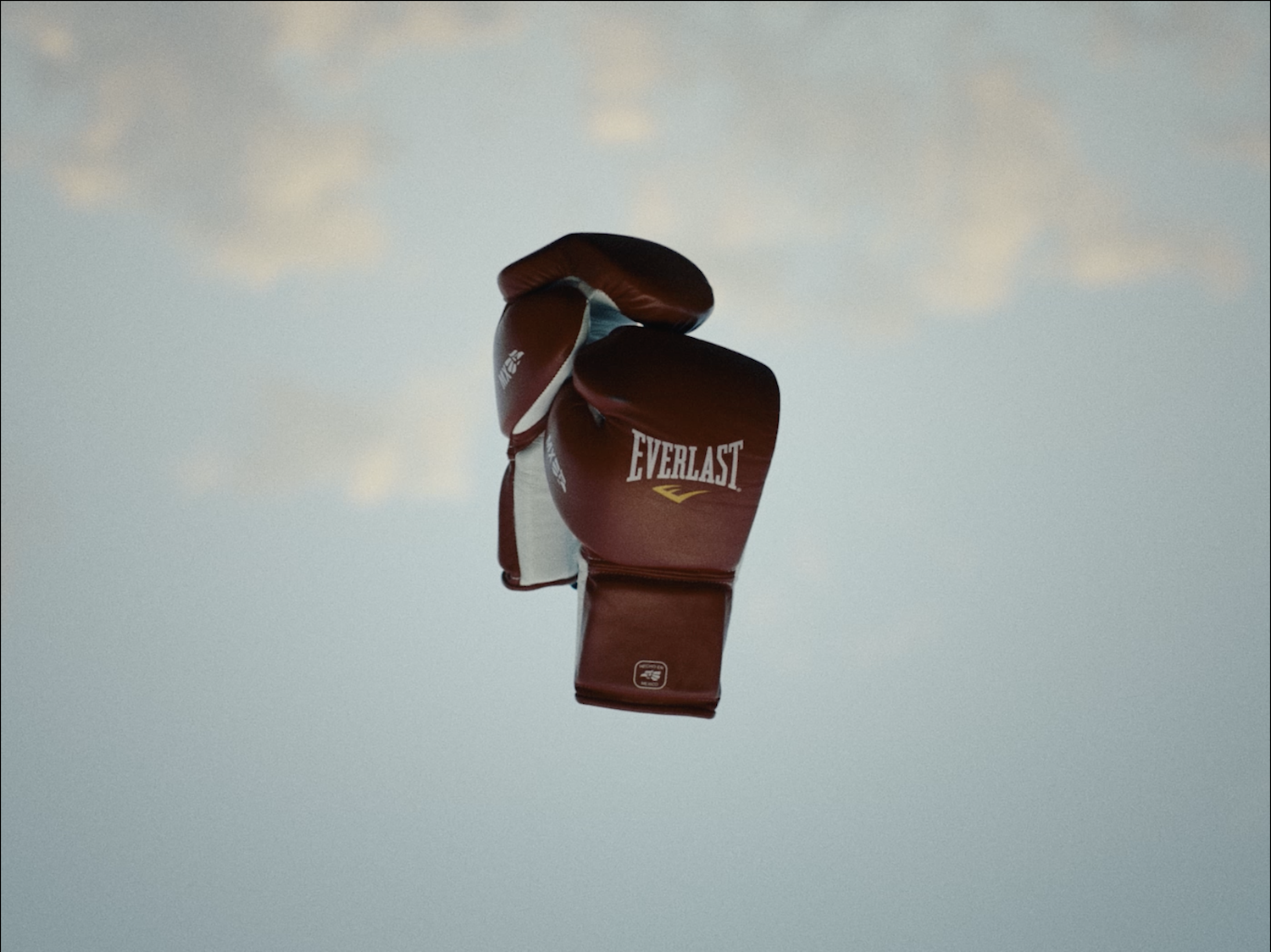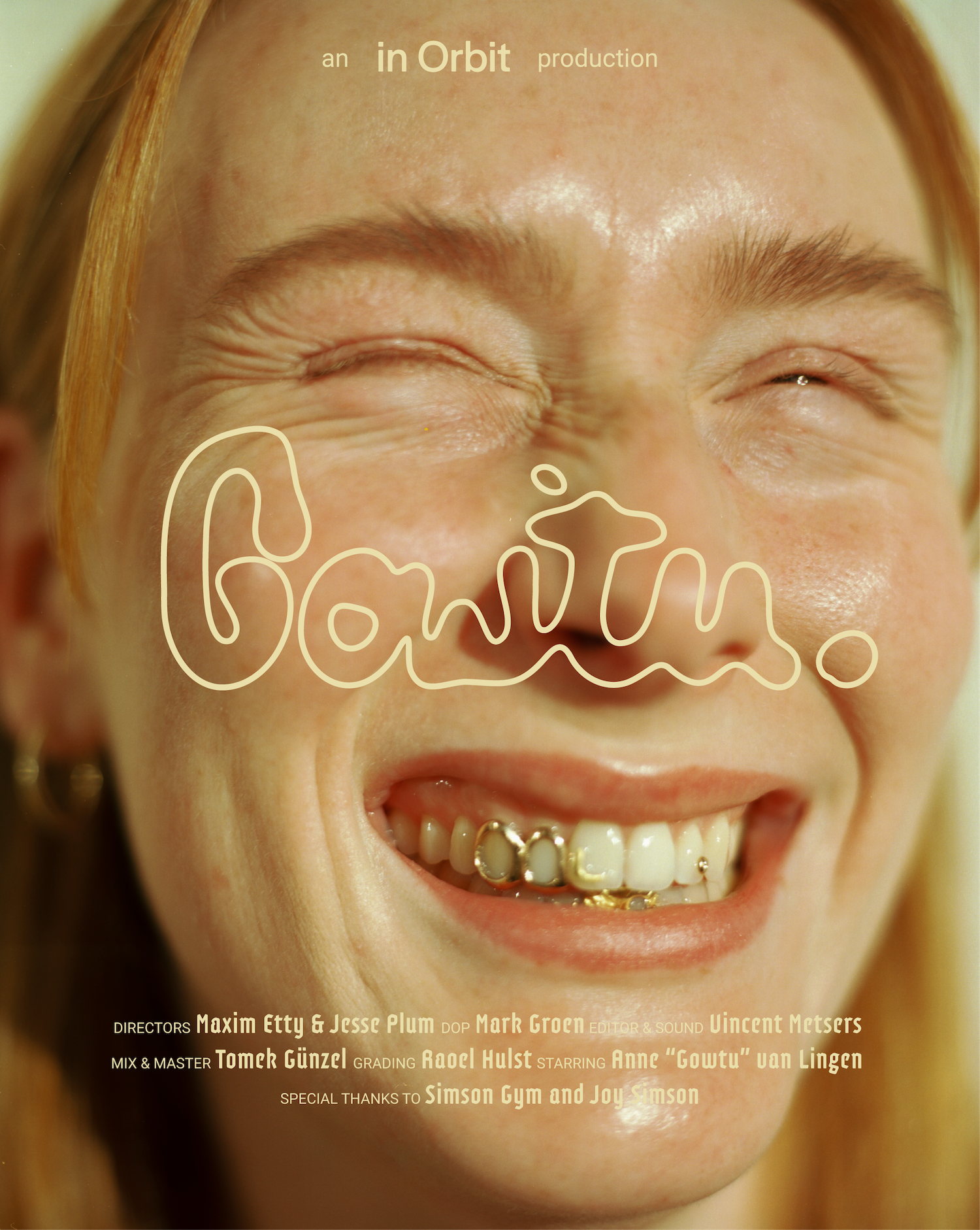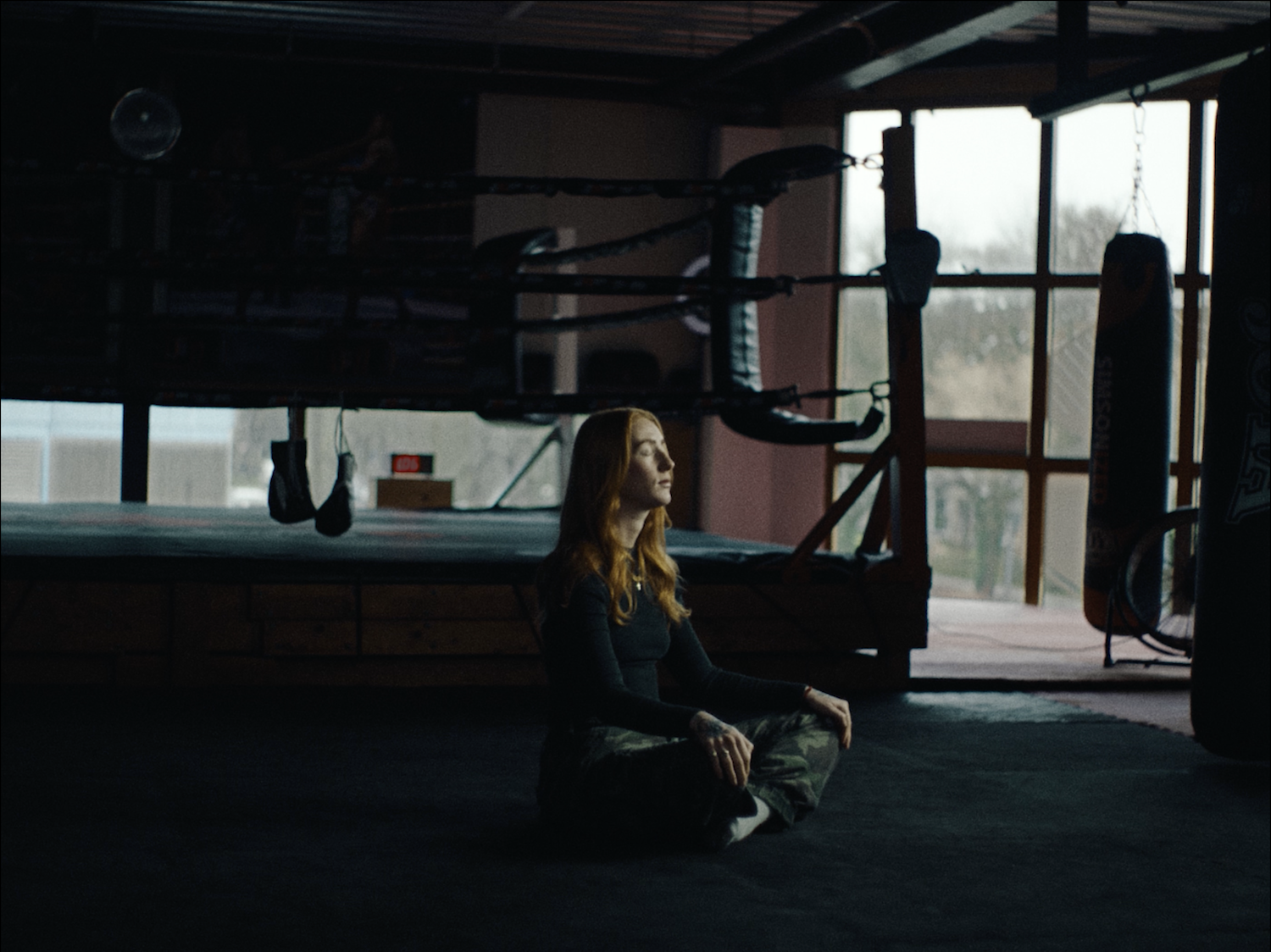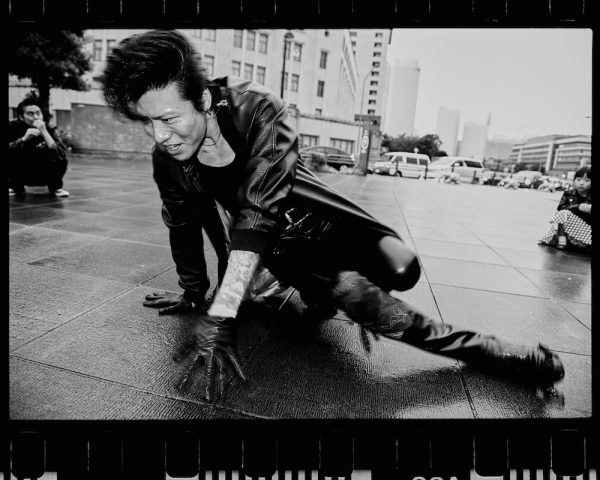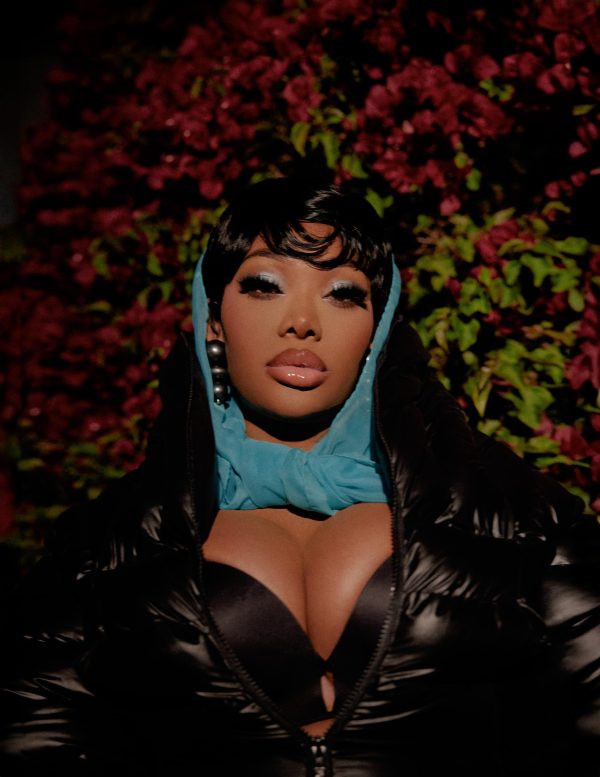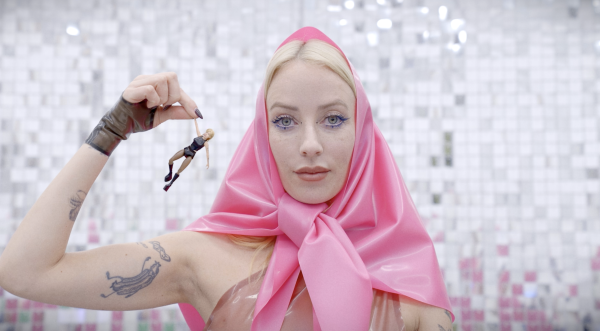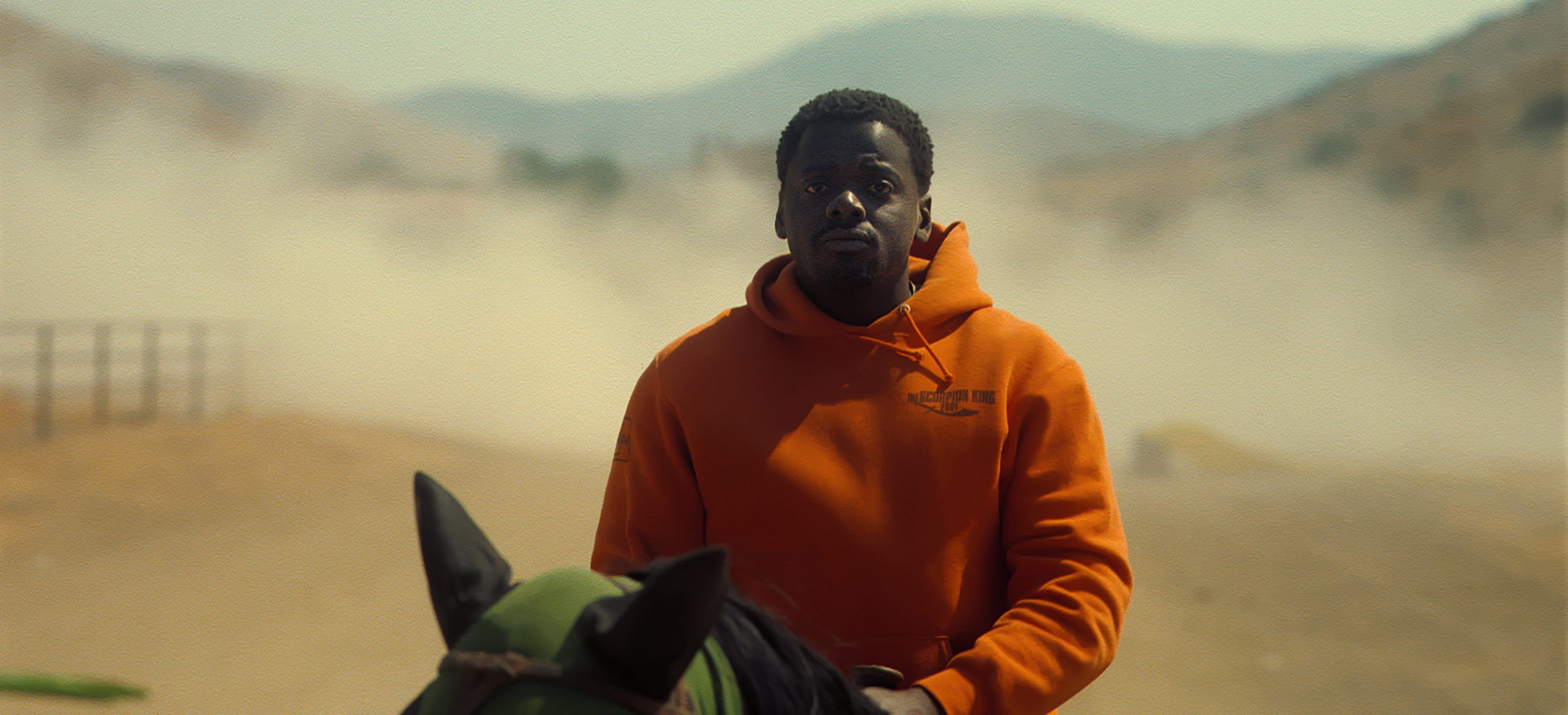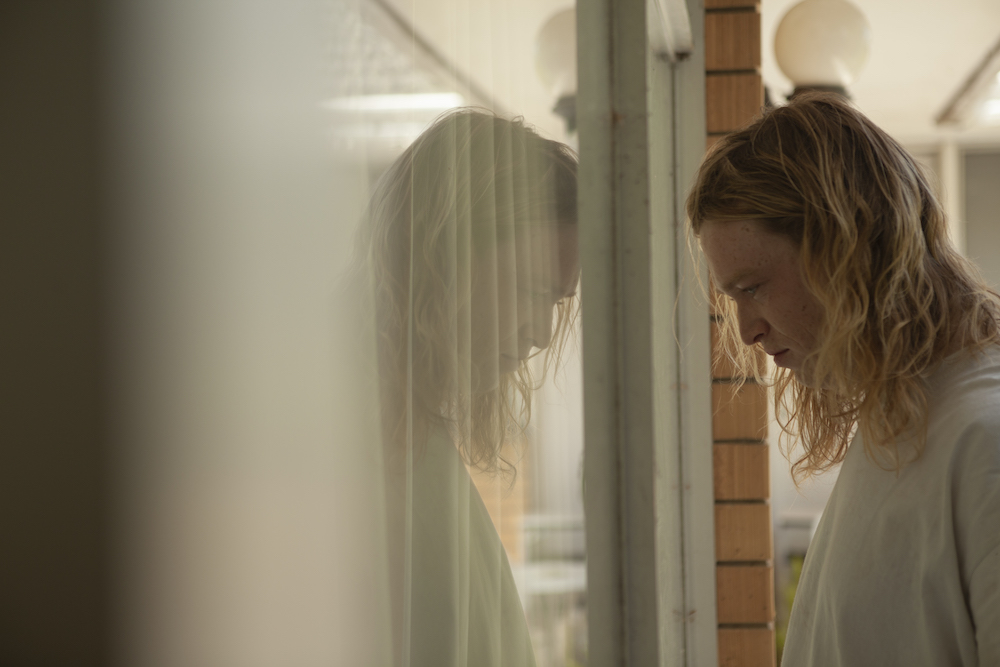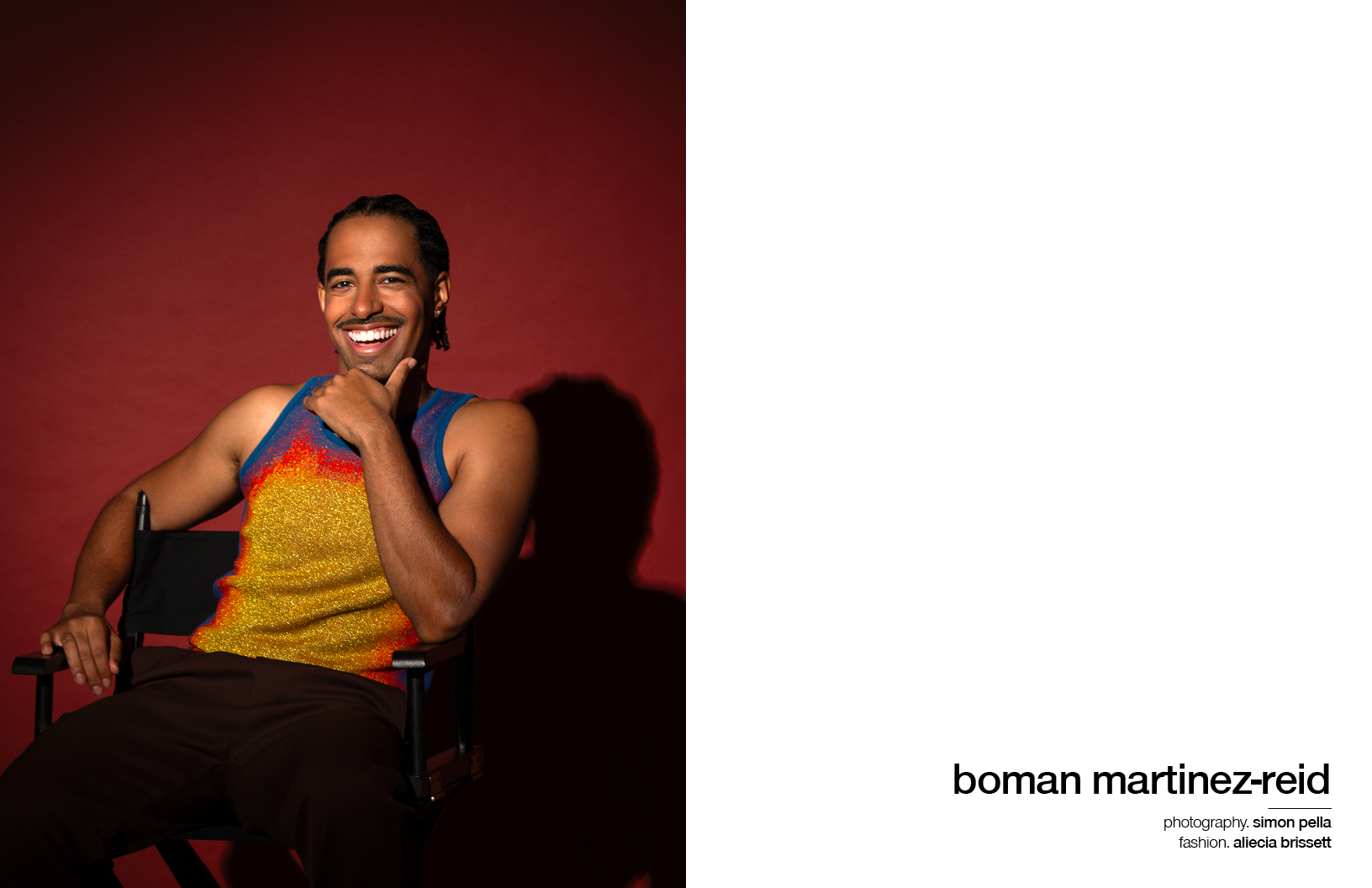
top. Y/Project
trousers. Tigers of Sweden
necklace. Pandora
With his signature blend of humour and creativity, Boman Martinez-Reid has become a beacon of boundary-breaking storytelling in the entertainment world. From redefining TikTok comedy to helming his own television series, Made for TV, which is now streaming on The Roku Channel, Martinez-Reid seamlessly bridges the digital and traditional media landscapes.
Speaking to Schön! for this interview, he delves into the genre-bending world of his show, his evolution from viral content creator to executive producer, and the powerful role humour plays in sparking important conversations.
Congratulations on Made for TV! The show takes viewers on a journey through various genres. What was the most surprising thing you learned about yourself while navigating these different television worlds?
I think what surprised me the most was how much taking on these different genres challenged my confidence. This show was born out of the blind confidence I had, which my showrunner quickly noticed. We’d talk about various genres and the shows we watched within them, and I would often say, “This seems so easy—like, it can’t be that hard to be on a cooking show or Drag Race.” I think many of us watch reality TV with a similar mentality, assuming it’s easy or that reality stars lack talent. That’s absolutely not the case. I realized it takes a lot of confidence and skill to excel in these genres. Even as a confident person, I found myself challenged in big ways. For example, I thought the drag episode would be the easiest to tackle, but it turned out to be the hardest. Performing drag in front of my parents for the first time was incredibly intimidating—nobody wants to put on a dress and heels in front of their mom and dad! Confronting that very real part of myself while filming a TV show was a huge challenge. Ultimately, though, I learned I have what it takes—as long as I believe in myself.
Your parody skits turn everyday life into laugh-out-loud moments. What’s one mundane experience you’ve had recently that you think could make a great episode?
Oh, great question. Honestly, everything is an episode! Any mundane problem can be flipped into drama, and that’s where my TikToks come from—I naturally do this in my head already. Just today, I had a whole saga trying to get to the gym. I left the house and realized I’d forgotten my wallet, so I had to go back. Then I left again and realized it was raining, so I needed an umbrella. After all that, I got to the gym and realized I’d forgotten my locker lock. At that point, I gave up and went home. That’s so real—it happens to all of us. If it were reality TV, it would look far more dramatic than me just walking back and forth. That’s the beauty of turning something mundane into something hilarious and relatable.
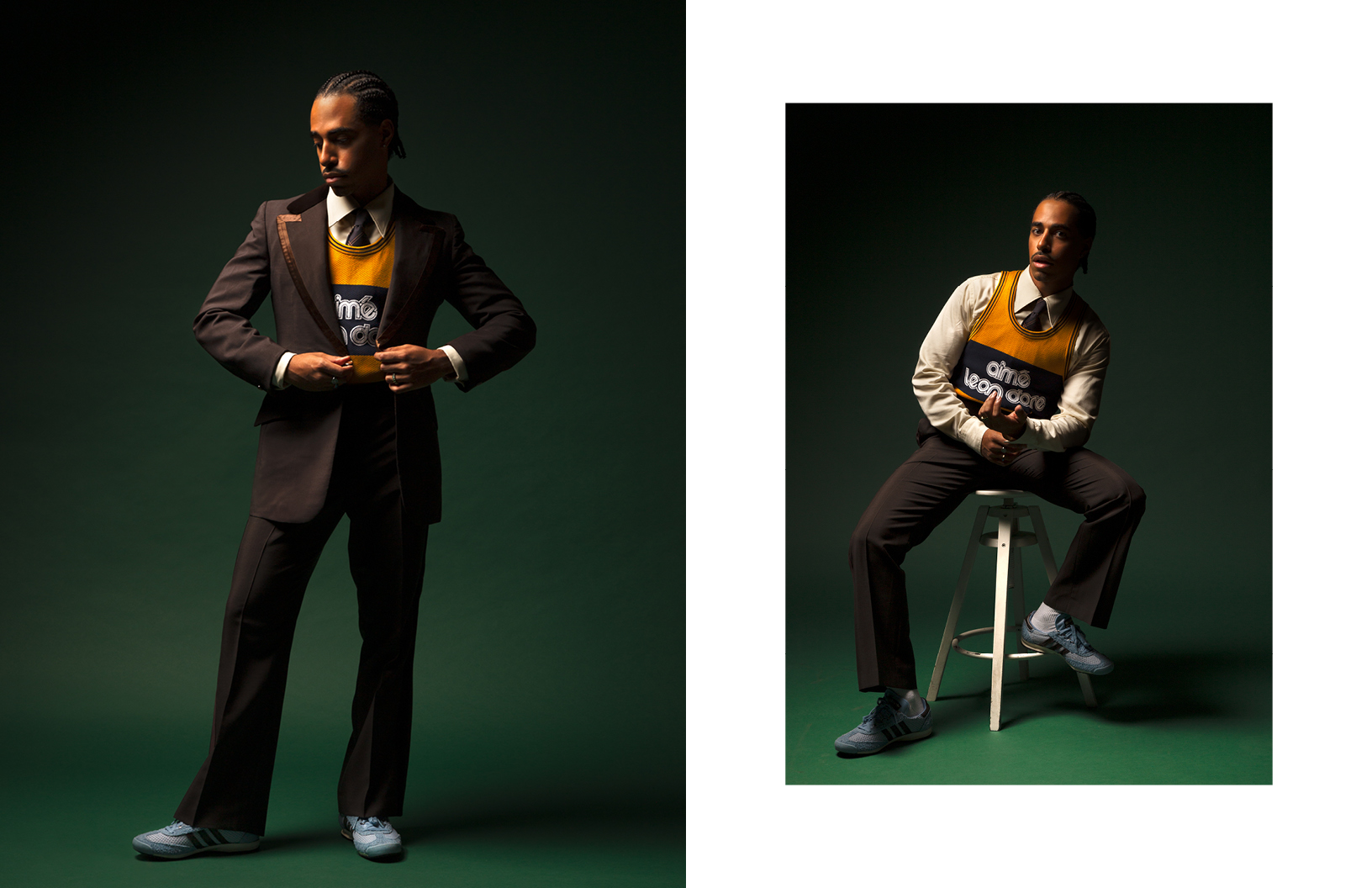
suit. Vintage
jersey. Aime Leon Dore
shirt. Tigers of Sweden
shoes. Adidas
opposite
jersey. Aime Leon Dore
shirt. Tigers of Sweden
trousers. Vintage
shoes. Adidas
As both the star and executive producer of Made for TV, how do you balance being in front of the camera with the behind-the-scenes demands of storytelling and production?
Balancing all the hats I wore during production was something I hadn’t fully anticipated. I was deeply involved in the creation of the show and everything happening behind the scenes, which was very important to me. This is the Boman show, and it had to represent me authentically. That duality—being the talent and a decision-maker—was both exciting and intimidating. For example, during writers’ room discussions, I’d pitch scenes like, “I’ll run down the street screaming, then do this and that.” On the day of filming, I’d realize, “Oh, I’m the one who actually has to do all these things!” Knowing the team was there to support my vision was amazing, but it also created pressure to deliver on my own expectations. One of the biggest lessons I learned was how to advocate for myself. Being in rooms I’d never been in before, I had to confidently say, “This is what I think will work.” Those skills—advocacy, communication, and decision-making—are ones I’ll carry with me forever.
The show’s premise is about discovering your genre. If your life right now were a genre, what would it be and why?
I think my life right now would be a real estate show, like House Hunters. I feel like I’m in this phase of figuring out what’s right for me and what’s next. For a while, I was making content and using the pandemic to stay home in Toronto. But now, I’m ready to explore the world and chase bigger dreams. It feels like a Goldilocks and the Three Bears situation—I’m searching for the perfect fit. So yeah, maybe my life is House Hunters right now!
TikTok has been your stage and launchpad, but Made for TV brings your creativity to a whole new platform. How has your experience as a digital creator shaped the way you approach traditional television?
My background as a digital creator gave me valuable insights into what works on social media, and that informed a lot of our creative decisions. Nowadays, we hear about TV shows through social media first. TikTok, Instagram, and X are where I discover most of what I watch. While creating Made for TV, I was always thinking about “clippable moments.” For example, I’d pitch scenes that could double as social media highlights, like me storming out dramatically. It’s a balancing act because you want the show to feel genuine and not overly engineered for social media. It was also exciting to work on something longer than a 60-second video. Expanding the Boman character into a long-form format was a blast!
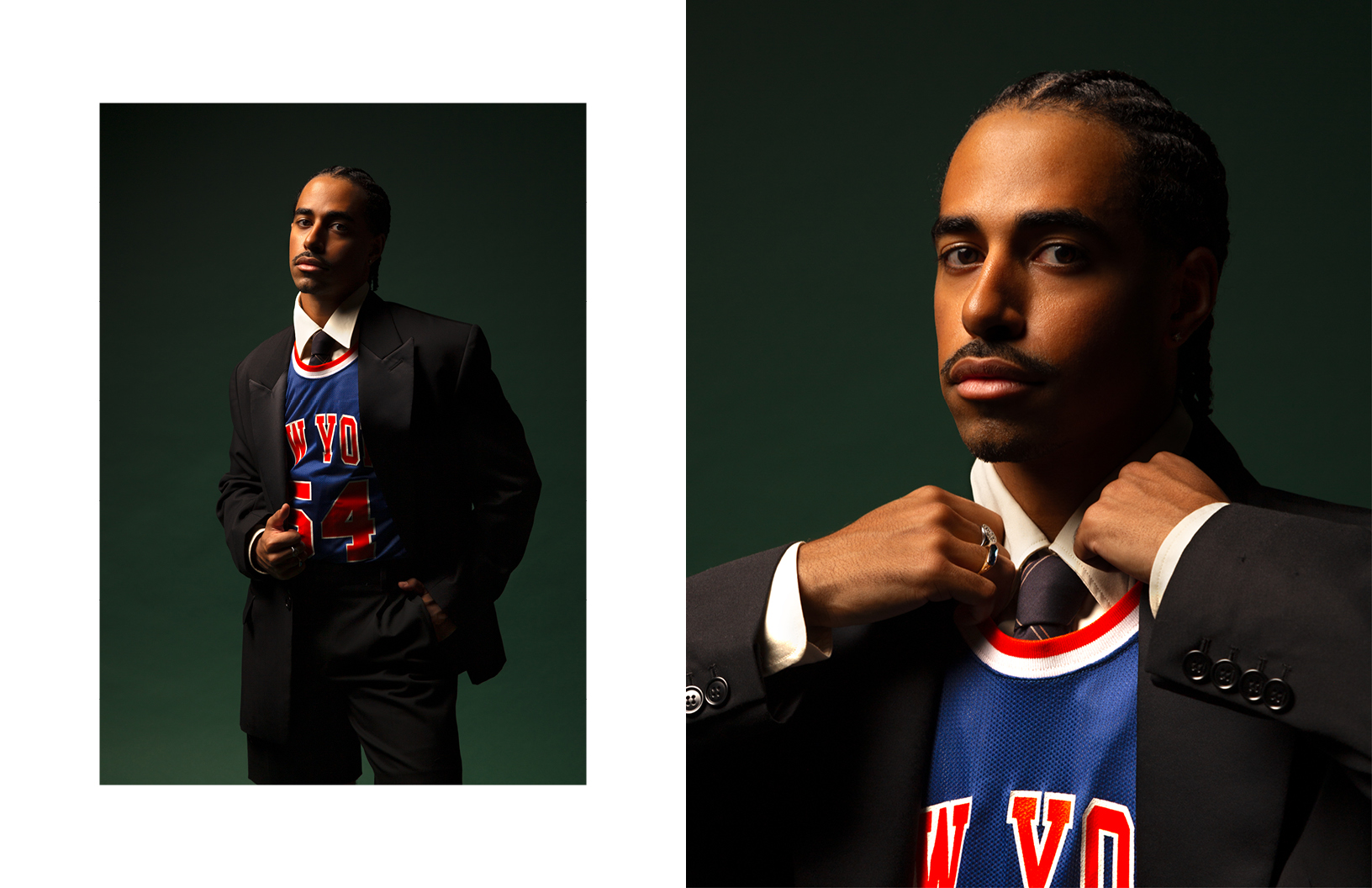
suit. COACH
jersey + tie. Vintage
shirt. Tigers of Sweden
opposite
suit. COACH
jersey + tie. Vintage
shirt. Tigers of Sweden
Your debut single, I Have a Thing, is such a fun and catchy track. If your music could soundtrack one of your skits, what would it be and what’s the scene?
I think it would be me and Eden having one of our ridiculous, circular conversations. Every video I make with Eden is essentially us talking about nothing—and yet, it’s so real because that’s life! The skit would probably involve us constantly in transit, going to “our thing,” and tying it all back to the song’s message.
Representation matters, and you’ve been recognized for breaking boundaries and shifting culture. How do you use your humour and creativity to challenge stereotypes and spark conversations?
Humour is such a powerful tool—it allows you to address serious issues in a way that’s engaging and relatable. For example, this year, I’ve been learning about my natural hair, which has been a journey as a biracial person. I made a video about the mixed messaging on “HairTok,” where one video says, “Refresh your curls with water,” and the next says, “Never use water!” It was so fun to highlight these contradictions while also addressing a larger issue many people face. Humour lets me connect with people and tackle real experiences without it feeling preachy.
I saw that you’ve had so many collaborations—from Neutrogena to the Golden Globes. What do you look for in a partnership, and how do you ensure your authentic voice shines through?
Comedy is my key tool—it makes any partnership feel genuine. Early on, I only wanted to work with brands I idolized, but I’ve since realized I can make almost anything funny. One of my favourite partnerships was with Preparation H, of all things. Initially, I was hesitant, but I found a way to make it hilarious, and it ended up being one of my best collaborations. The most important thing is creative freedom. When brands trust my vision, the partnership succeeds. It’s all about ensuring that the humour feels natural and not forced.
I saw a detail in your bio that you interned at Bell Media during college and now have a series with them. How does it feel to reflect on that journey, and what advice would you give to young creators?
Reflecting on that journey is surreal. As an intern, I set up interviews for The Amazing Race Canada contestants. Years later, I found myself in the same studio promoting my own show. It was such a full-circle moment. My advice? Believe in your abilities and embrace delusion! I’ve always known I was destined to have a TV show. It’s about making others believe in your vision and trusting the process. Success isn’t linear—it’s about persistence and adaptability.
Comedy is central to your storytelling. Do you see humour as a way to reflect society or simply as a means of finding joy?
A bit of both! I love commenting on things we’ve all accepted as normal—like reality TV. For instance, life doesn’t actually happen with dramatic pauses and background music, but we all buy into it. Highlighting those absurdities is so much fun. At the same time, humour lets me relate to people’s everyday struggles, like a sibling eating your chips and you being justifiably annoyed. We’re all dramatic, and being the voice of a dramatic generation is such a gift.
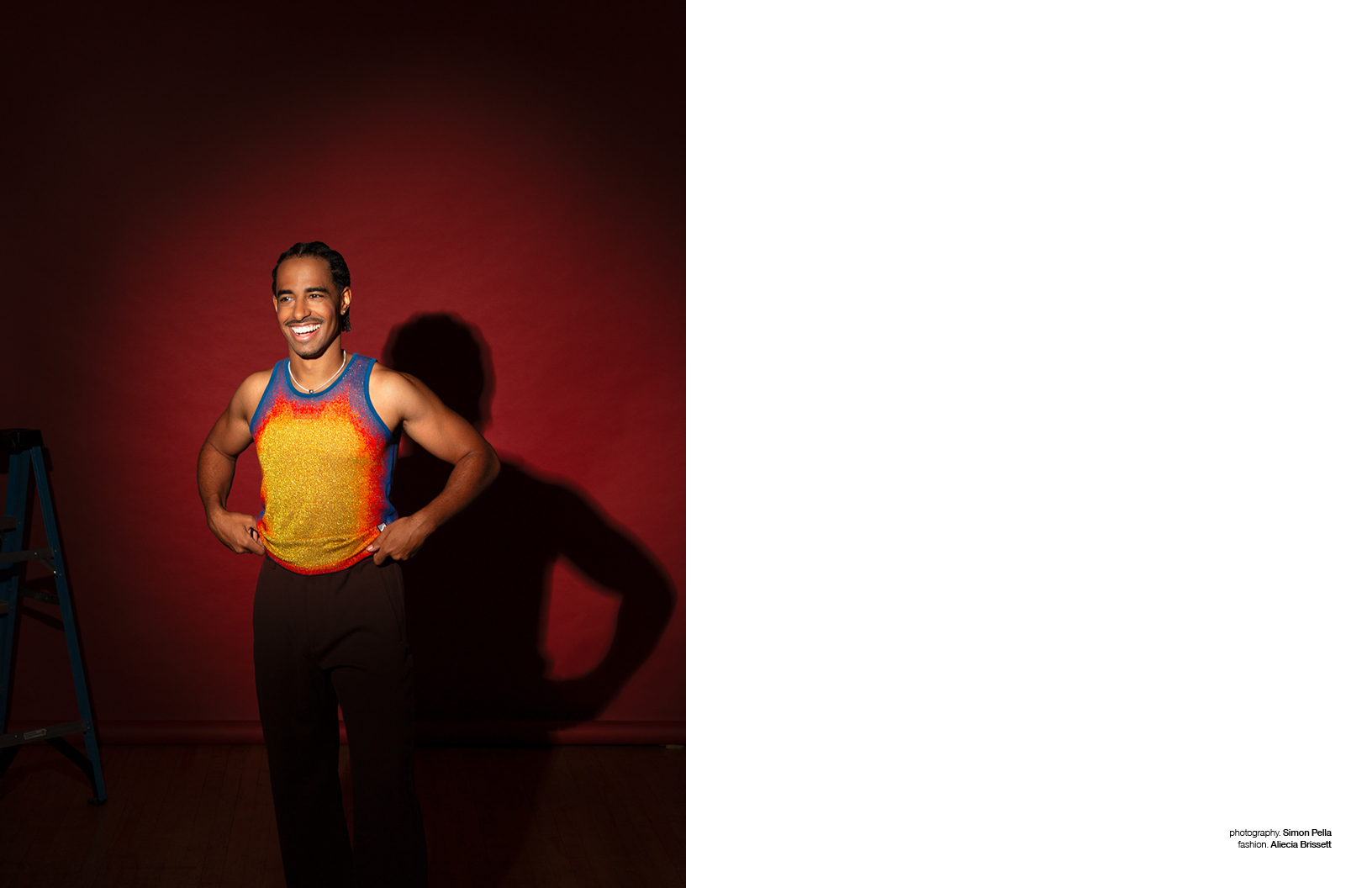
top. Y/Project
trousers. Tigers of Sweden
necklace. Pandora
Made for TV is now streaming on The Roku Channel.
photography. Simon Pella
fashion. Aliecia Brissett
interview. Alper Kurtel






